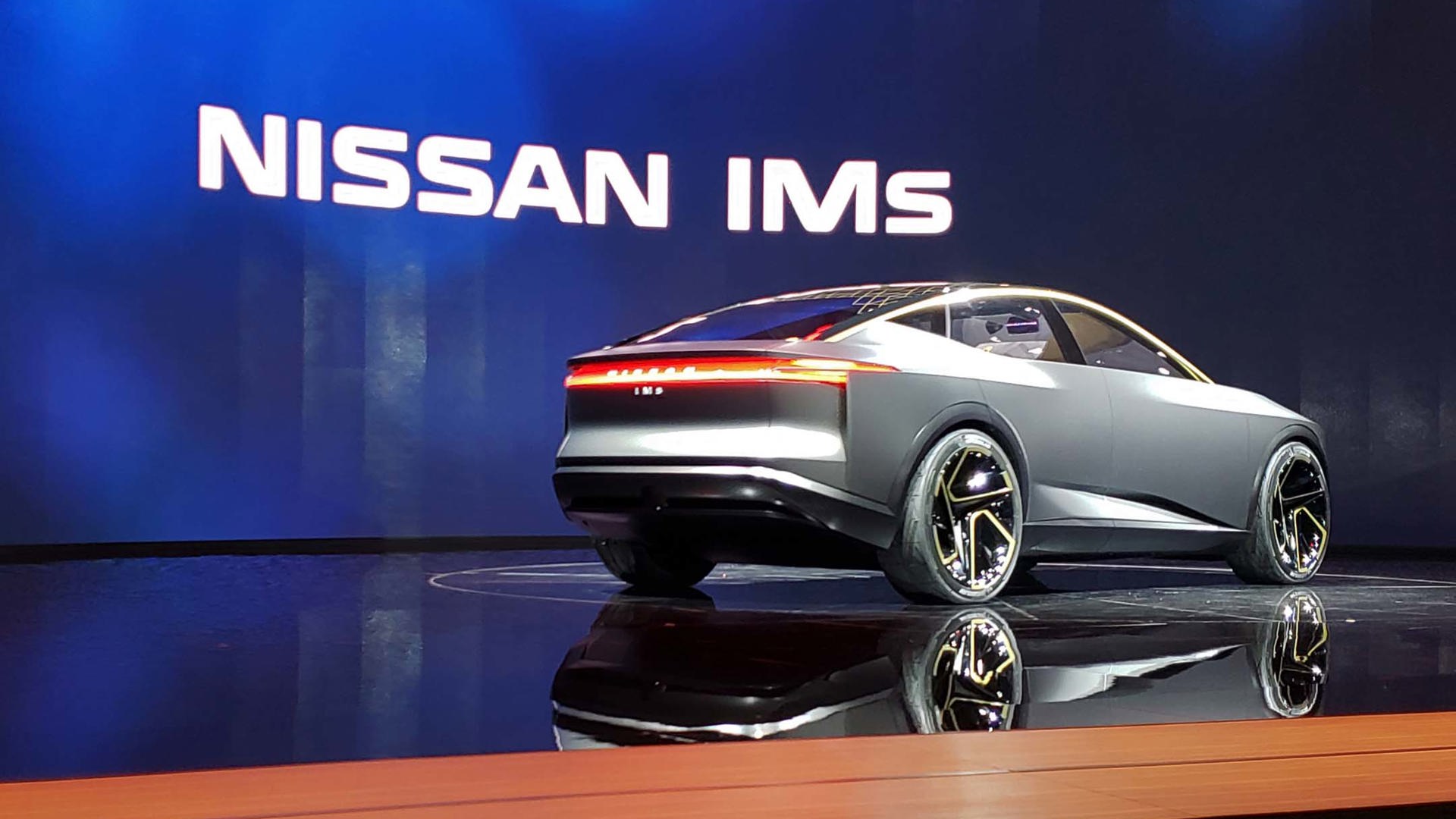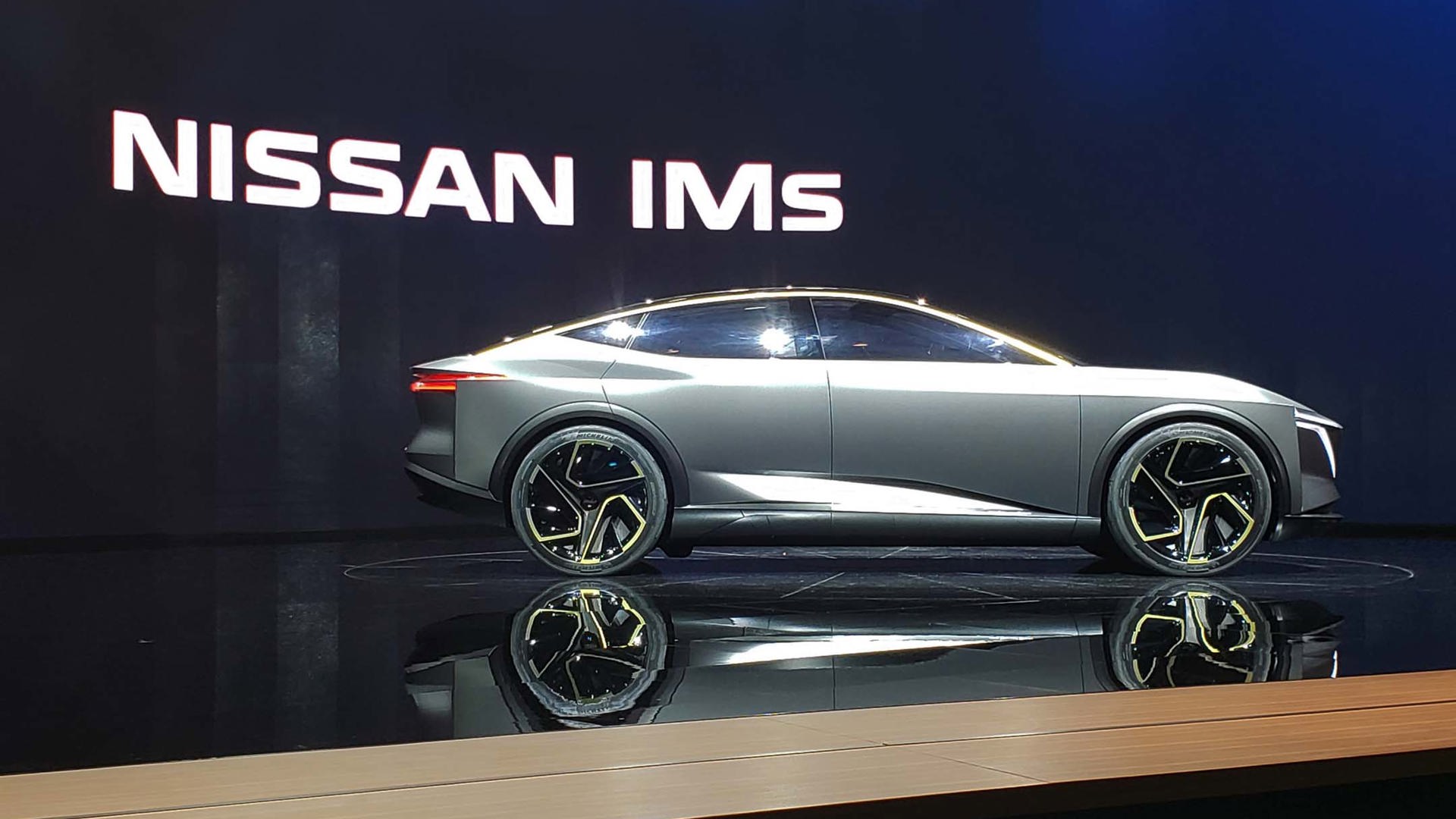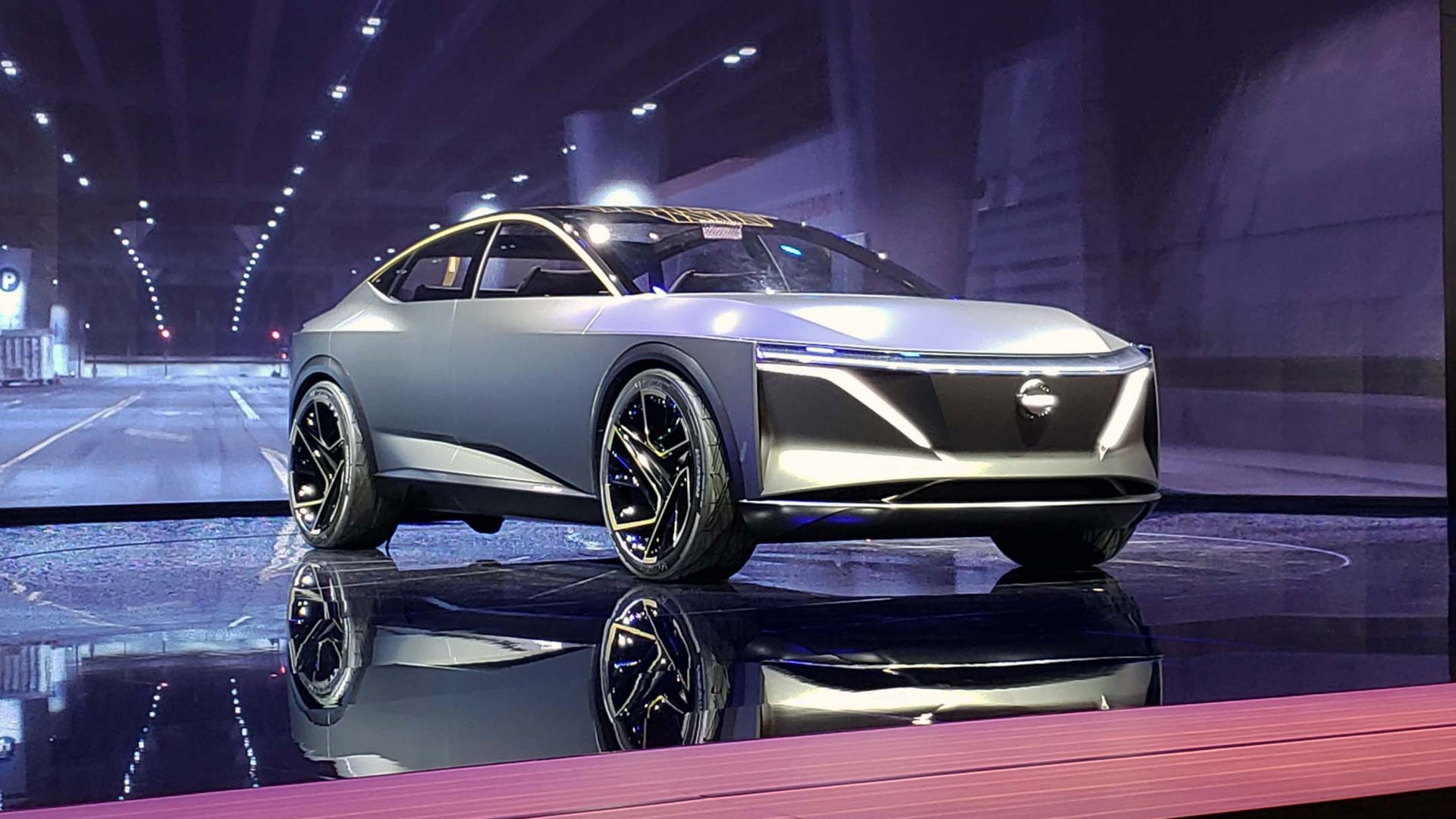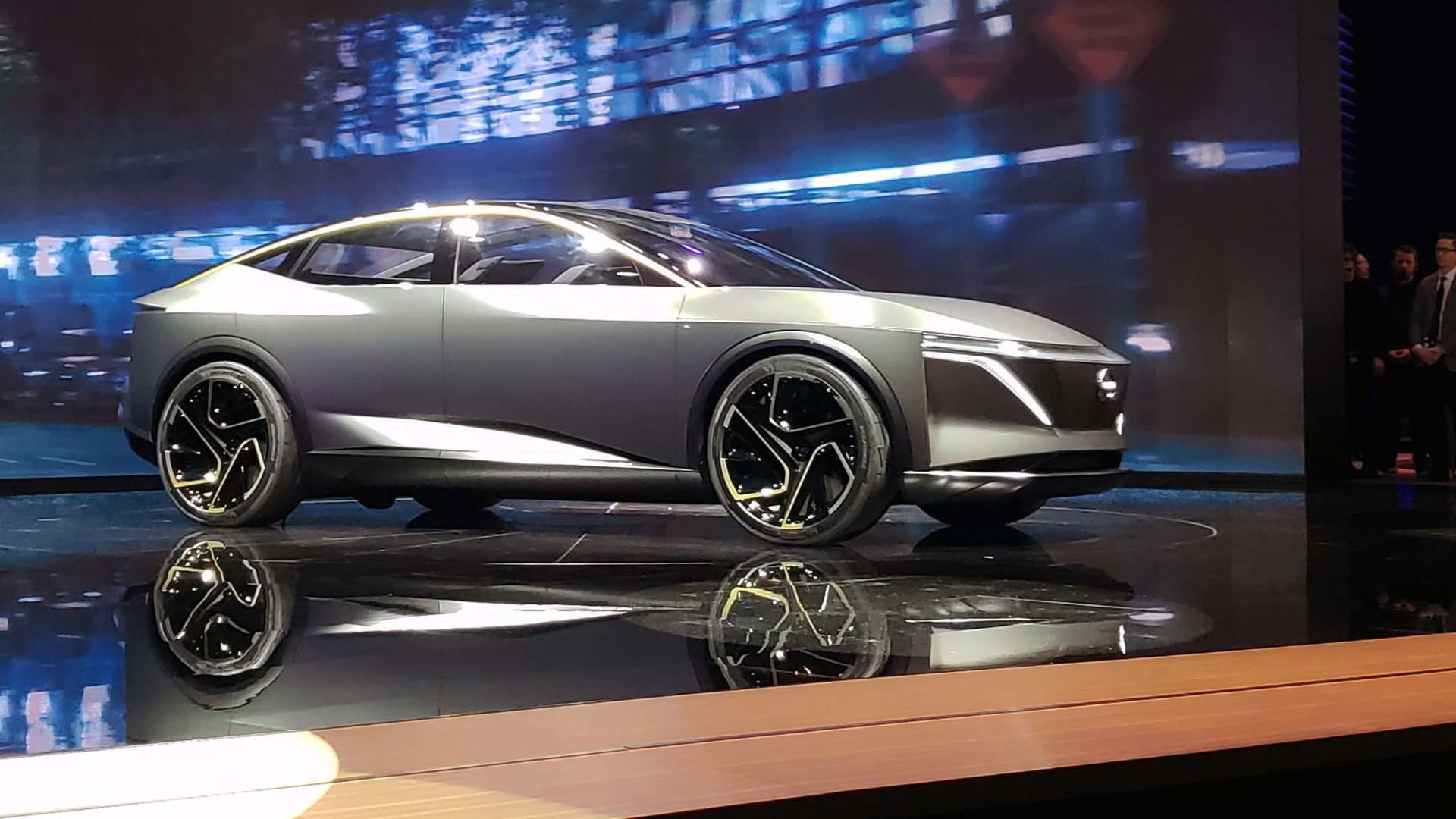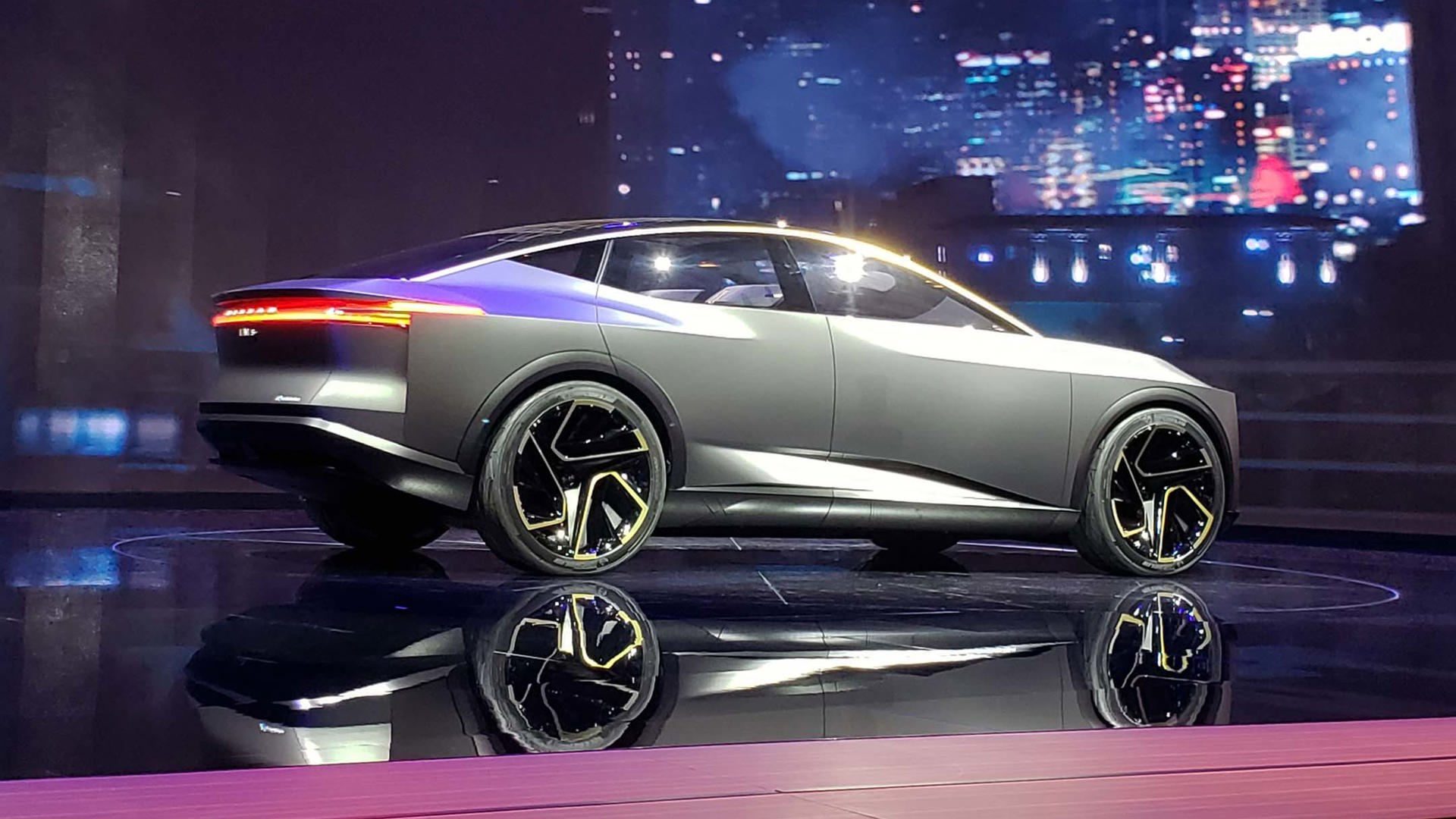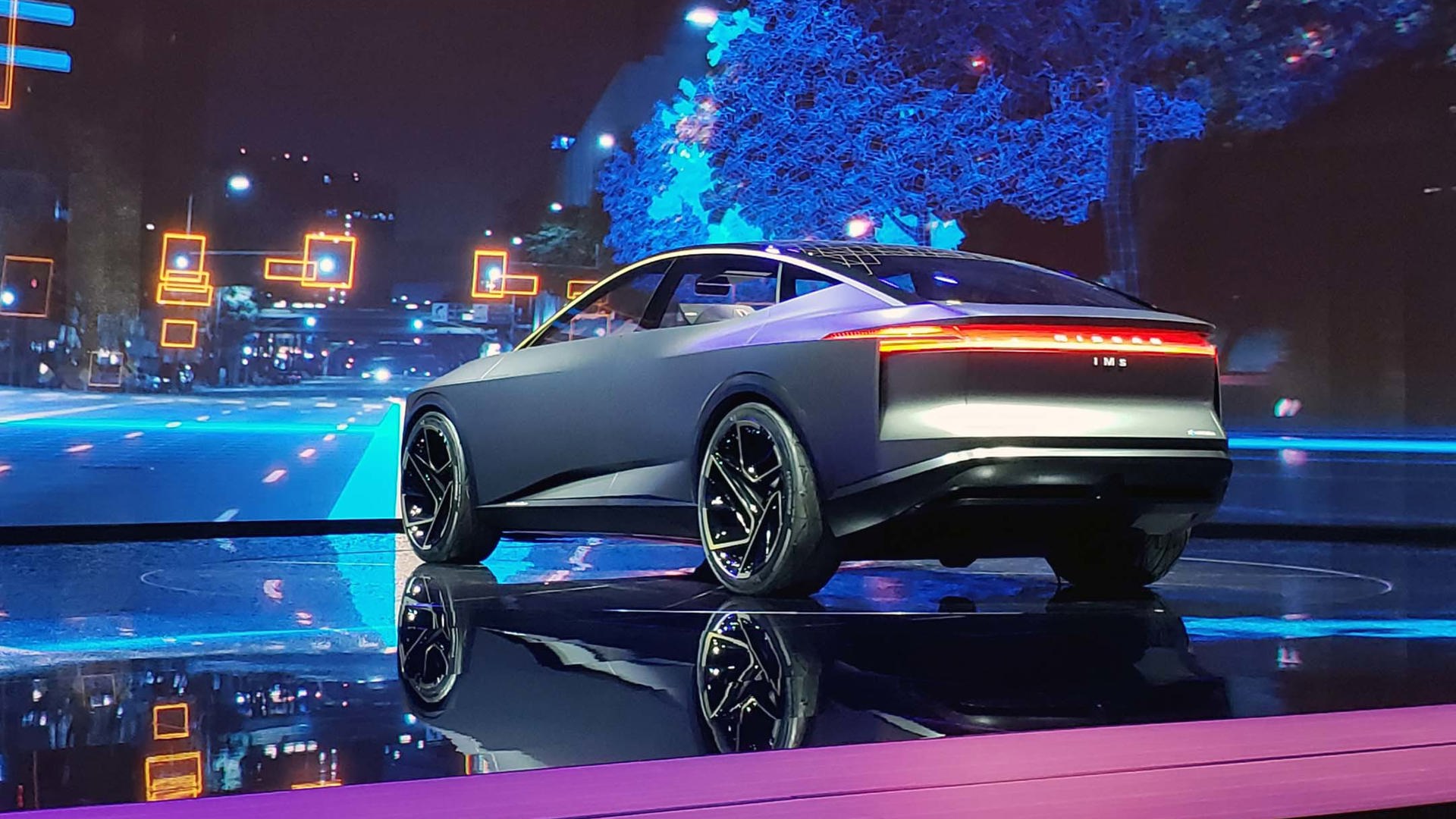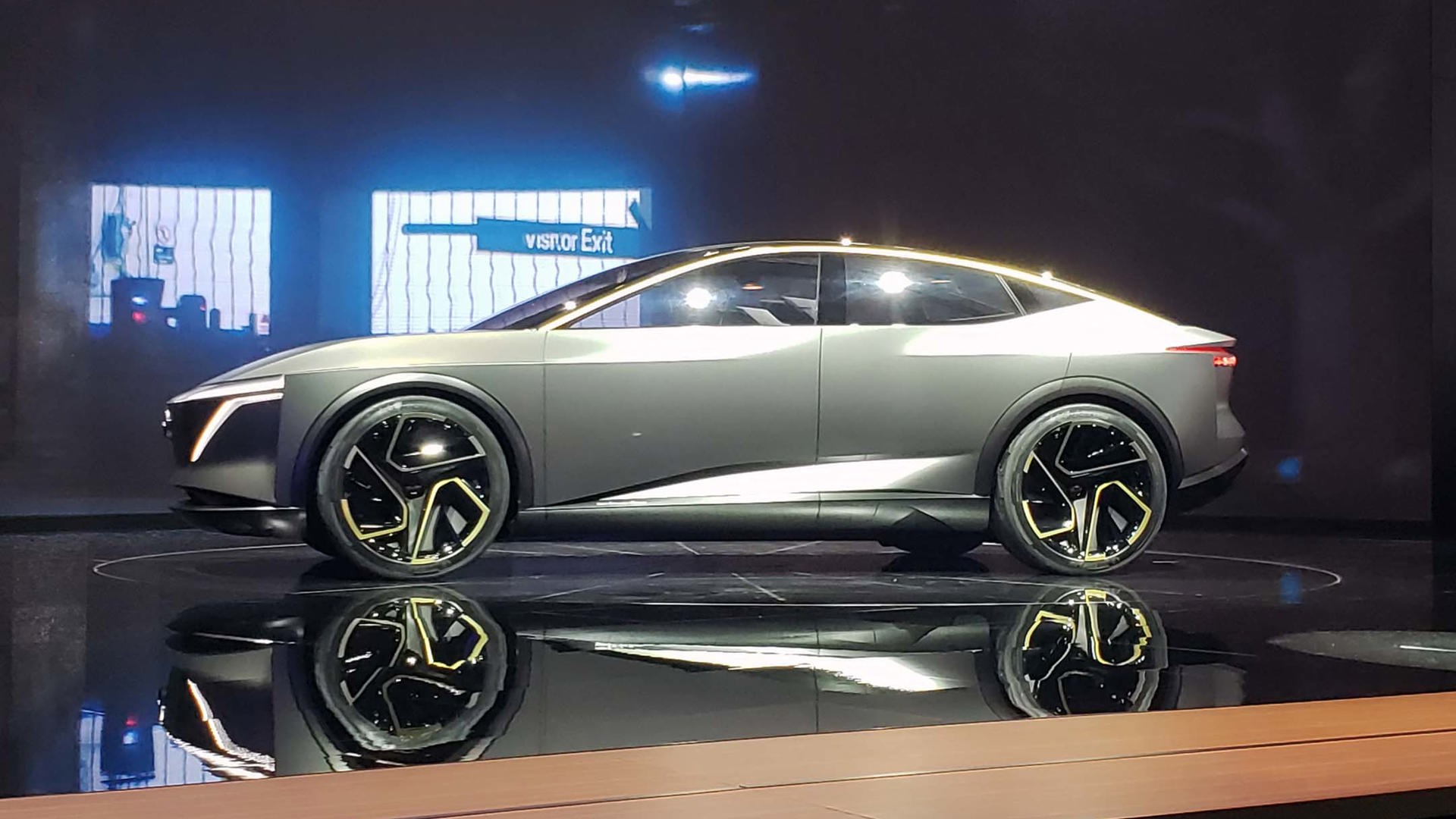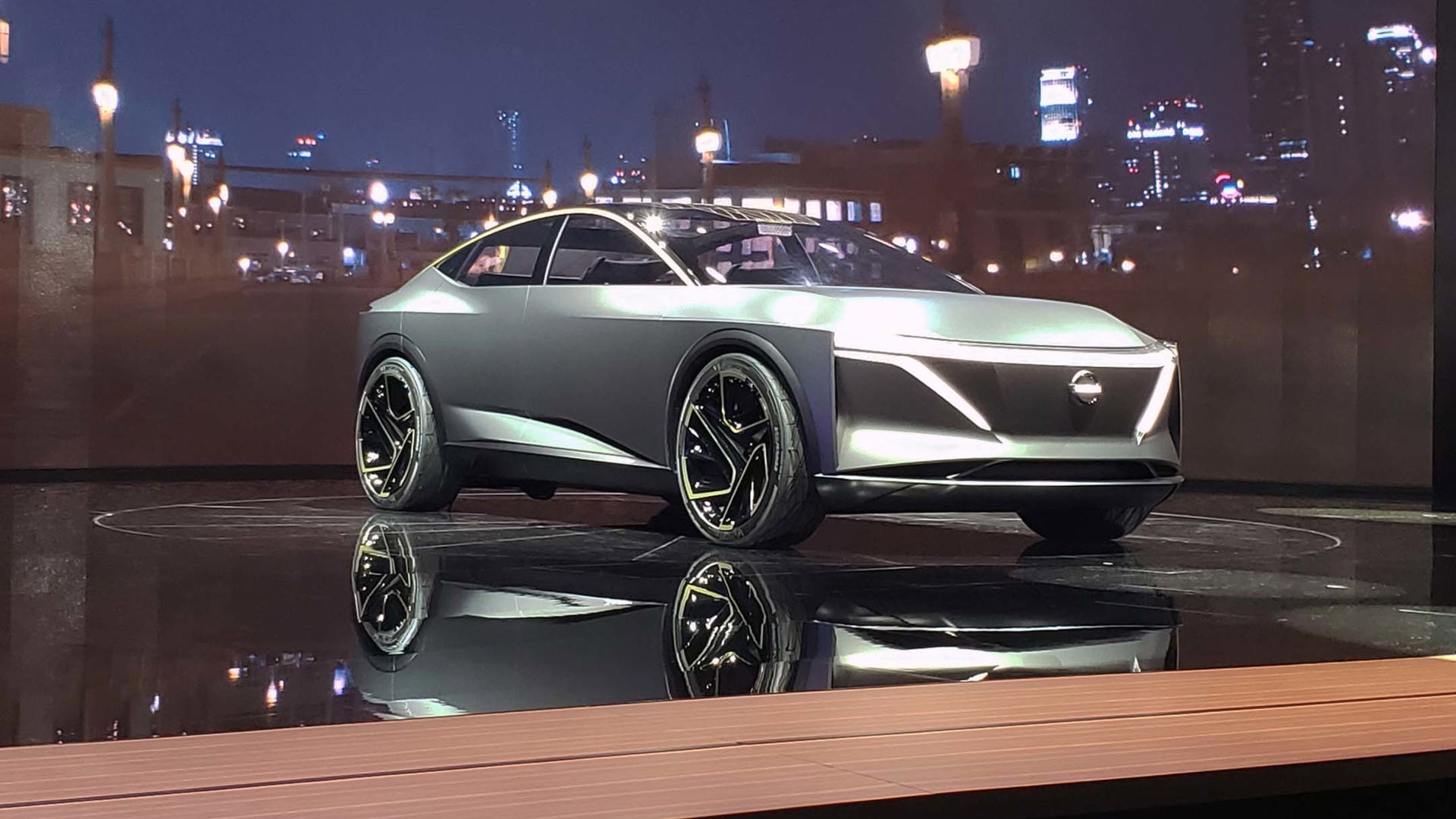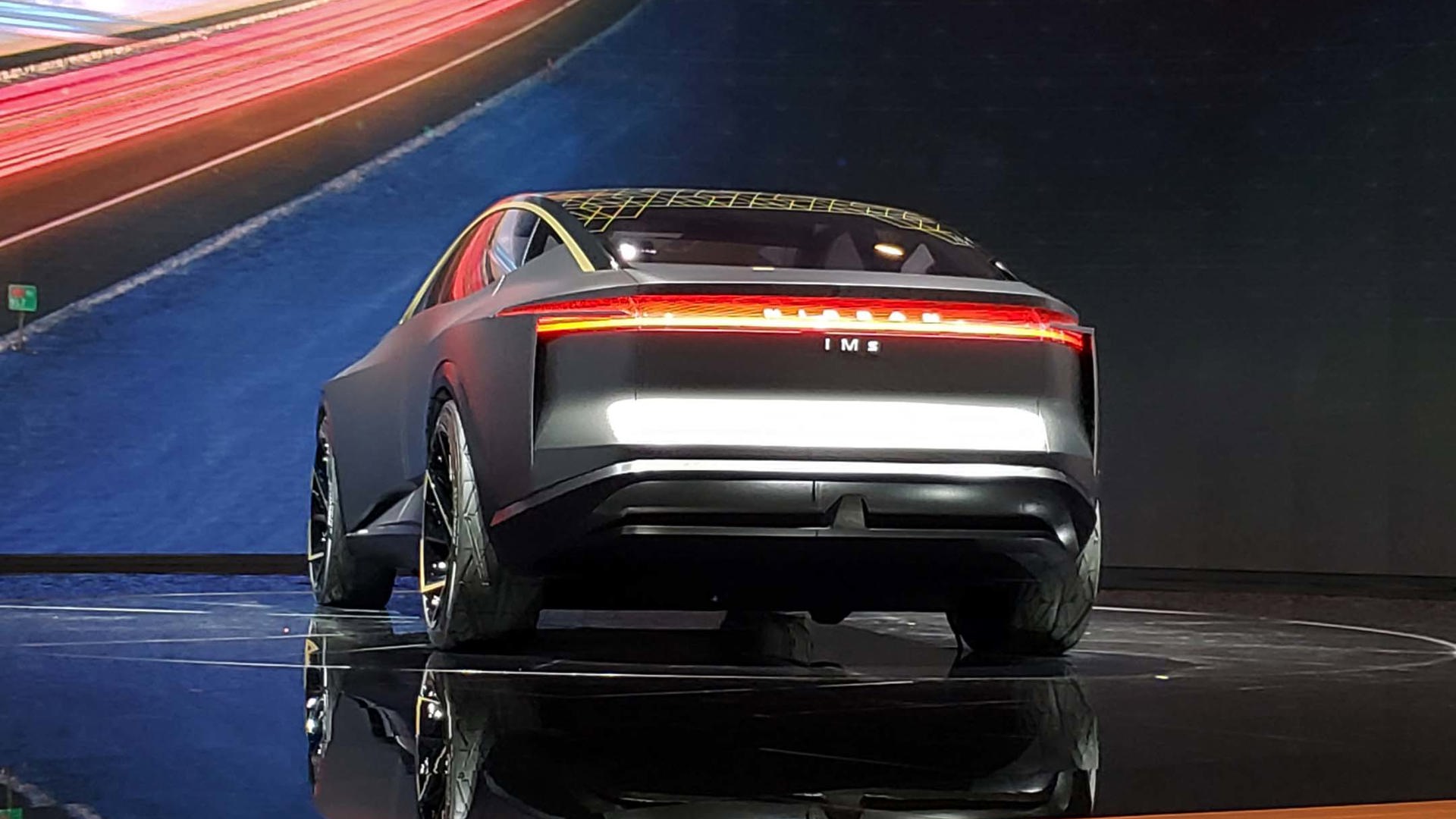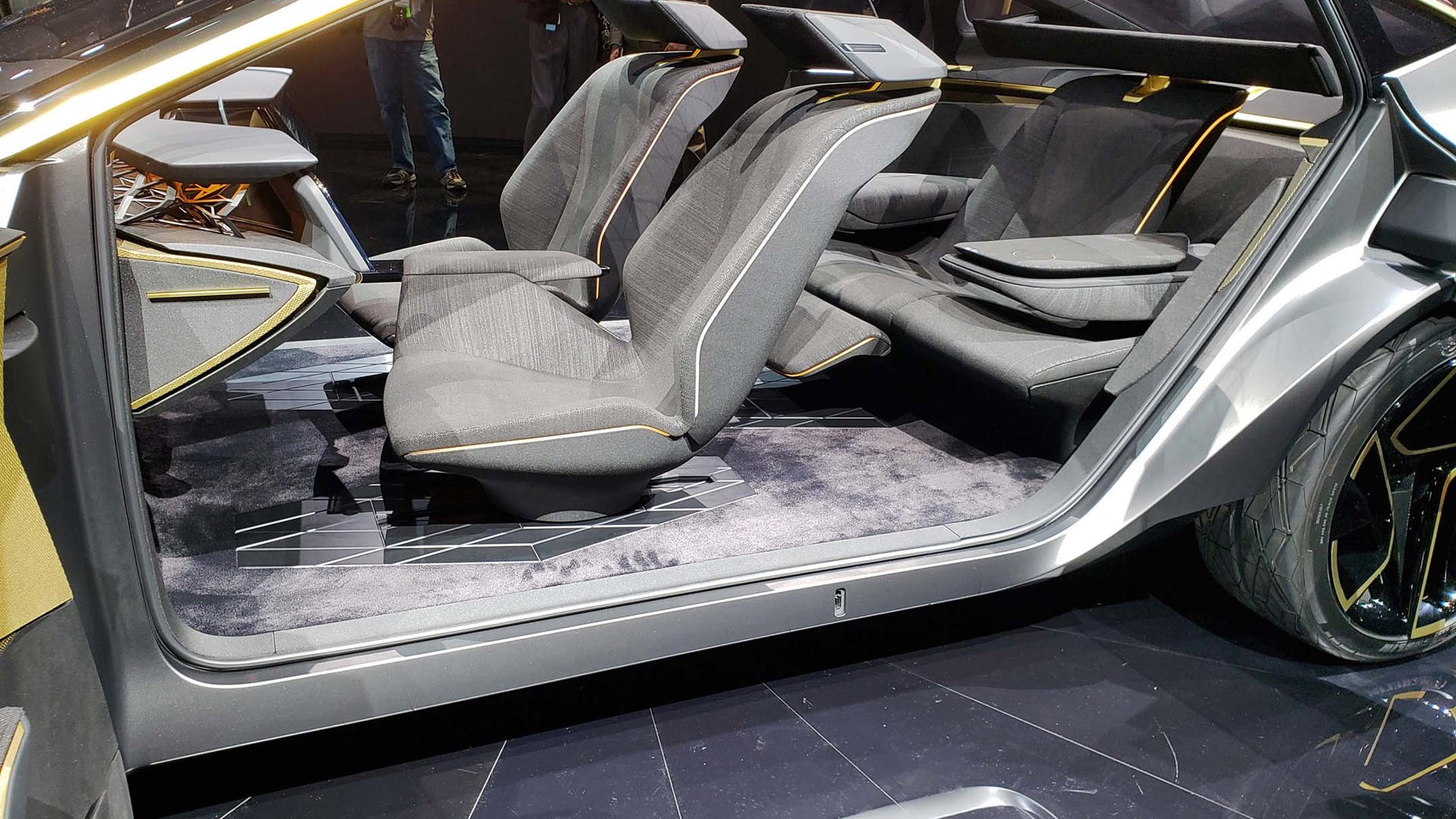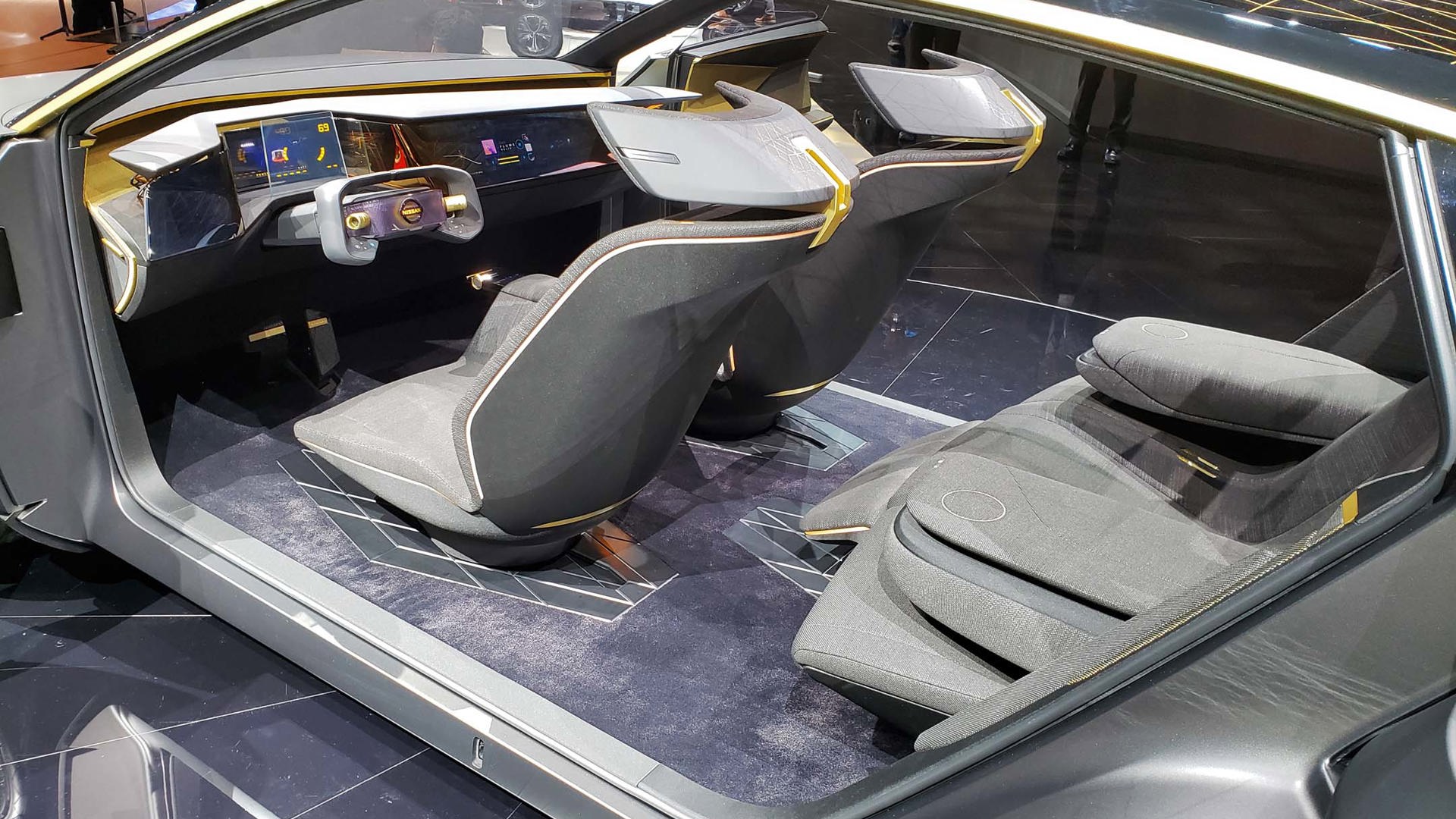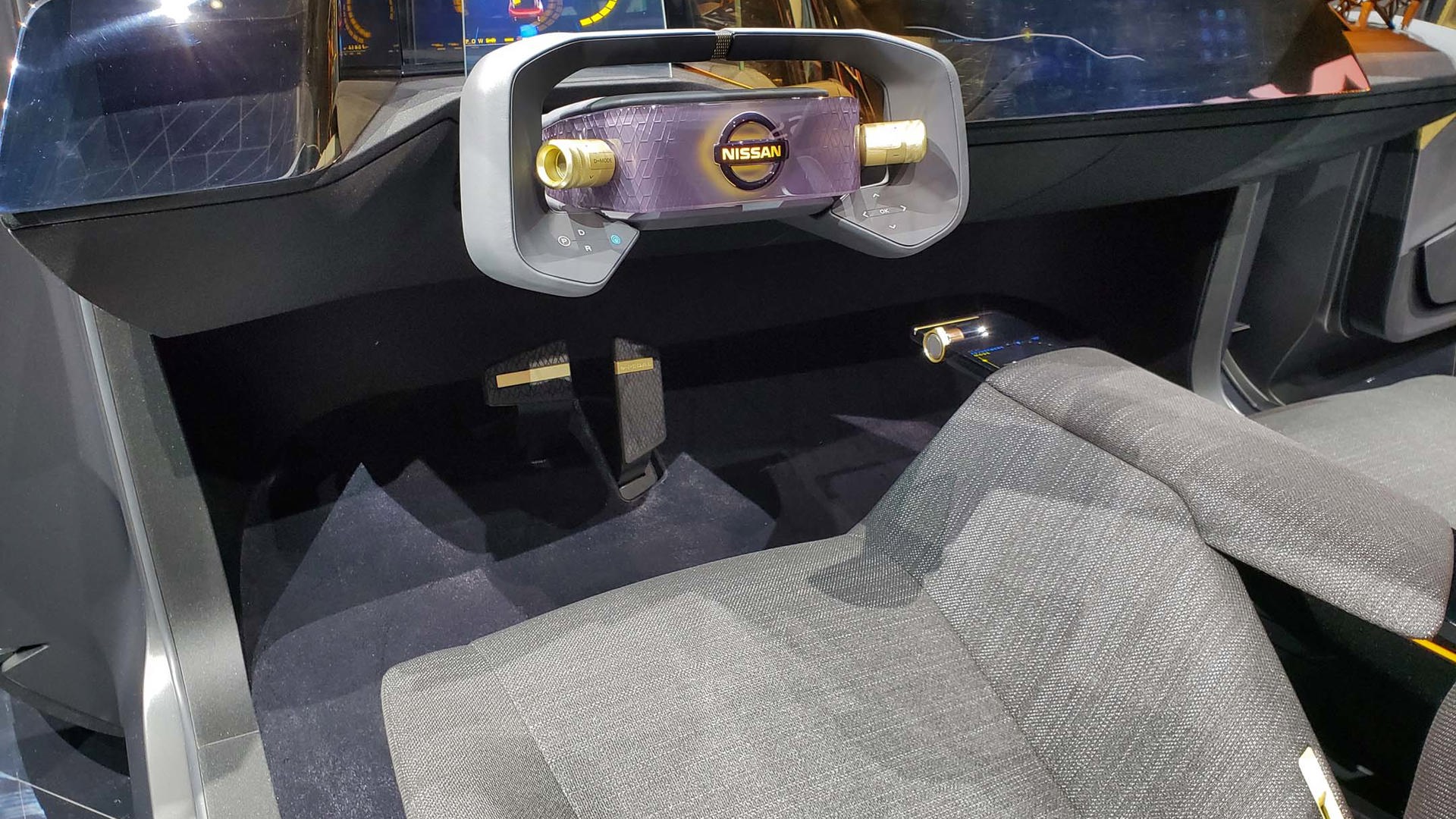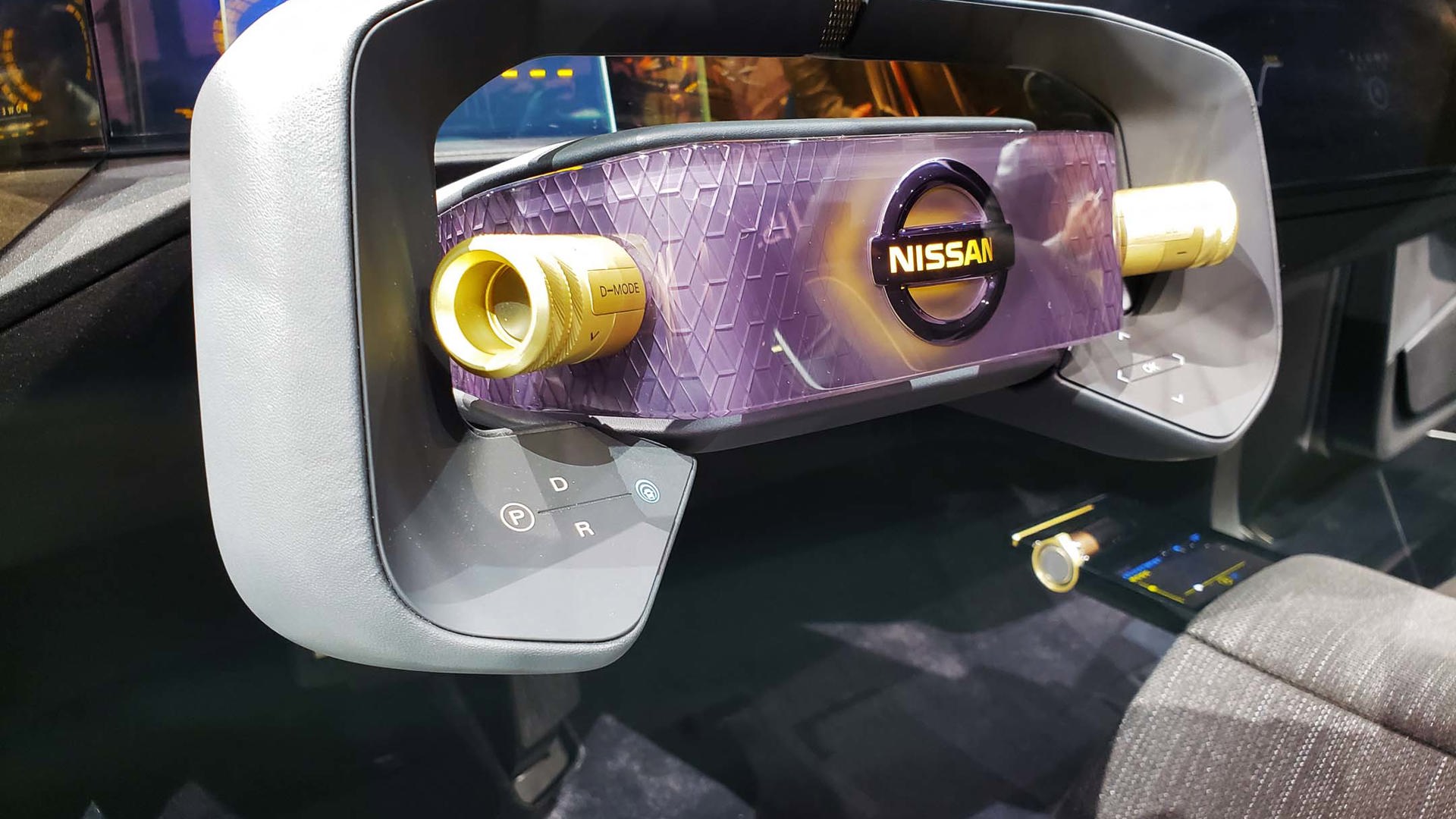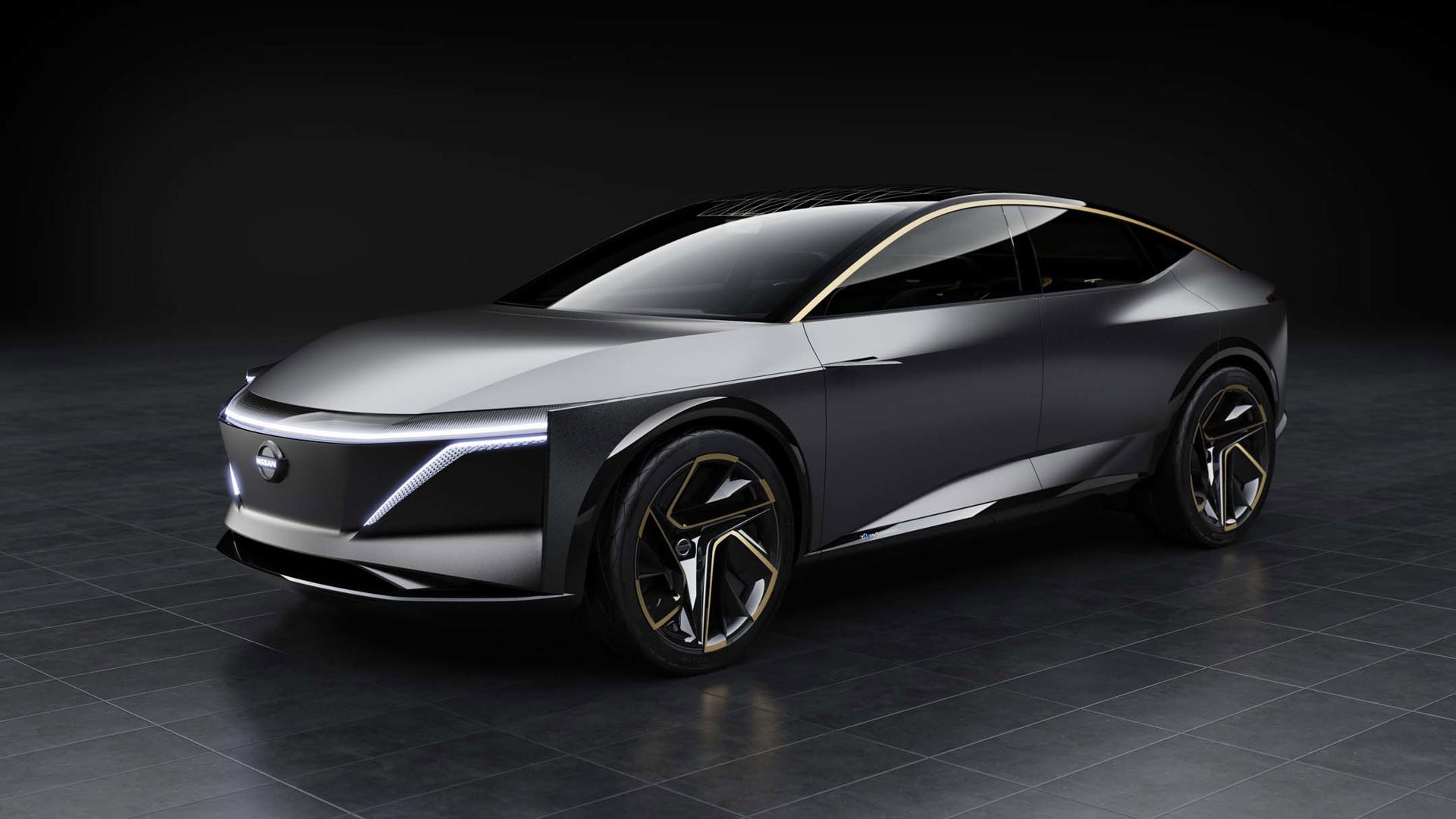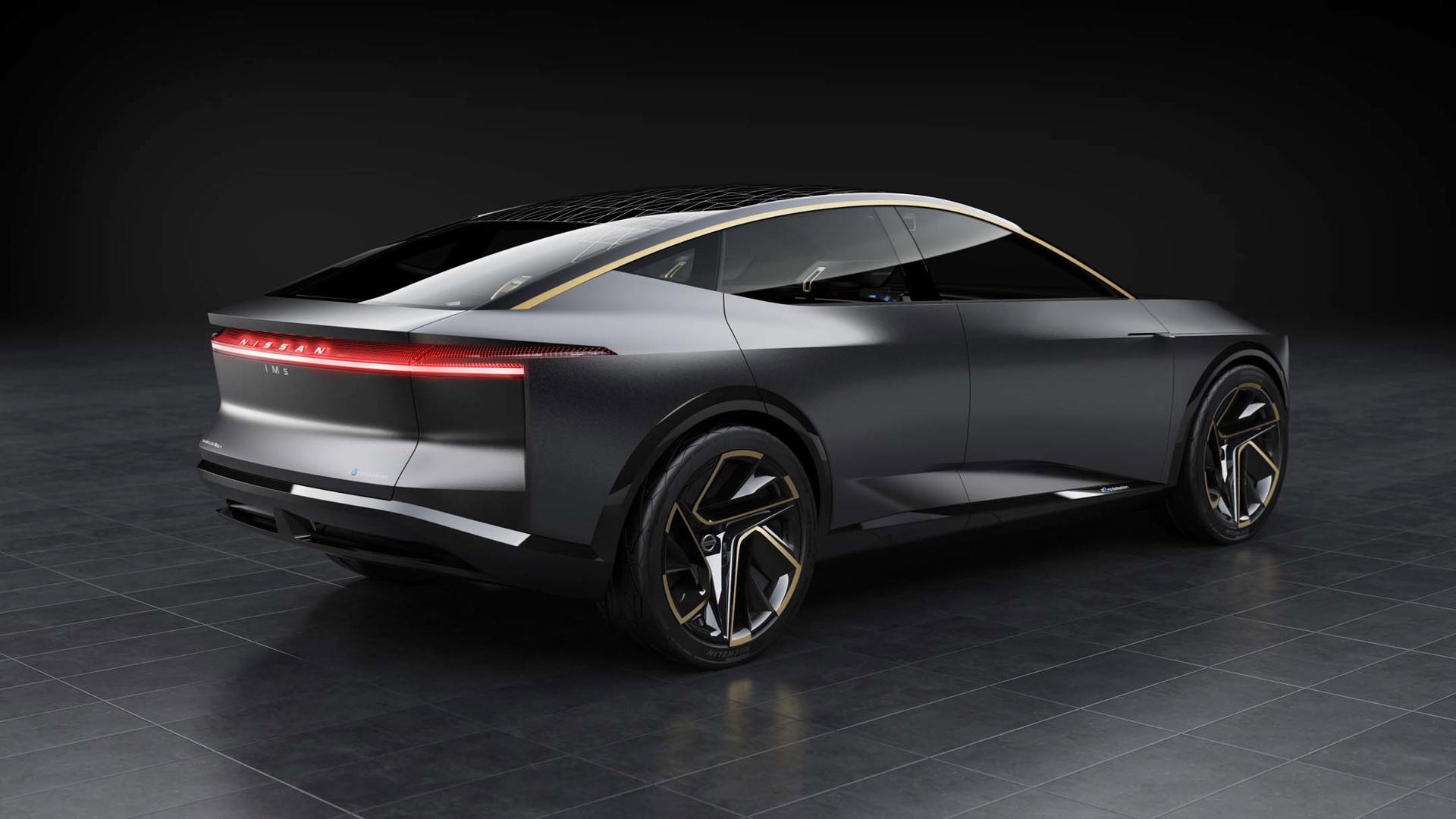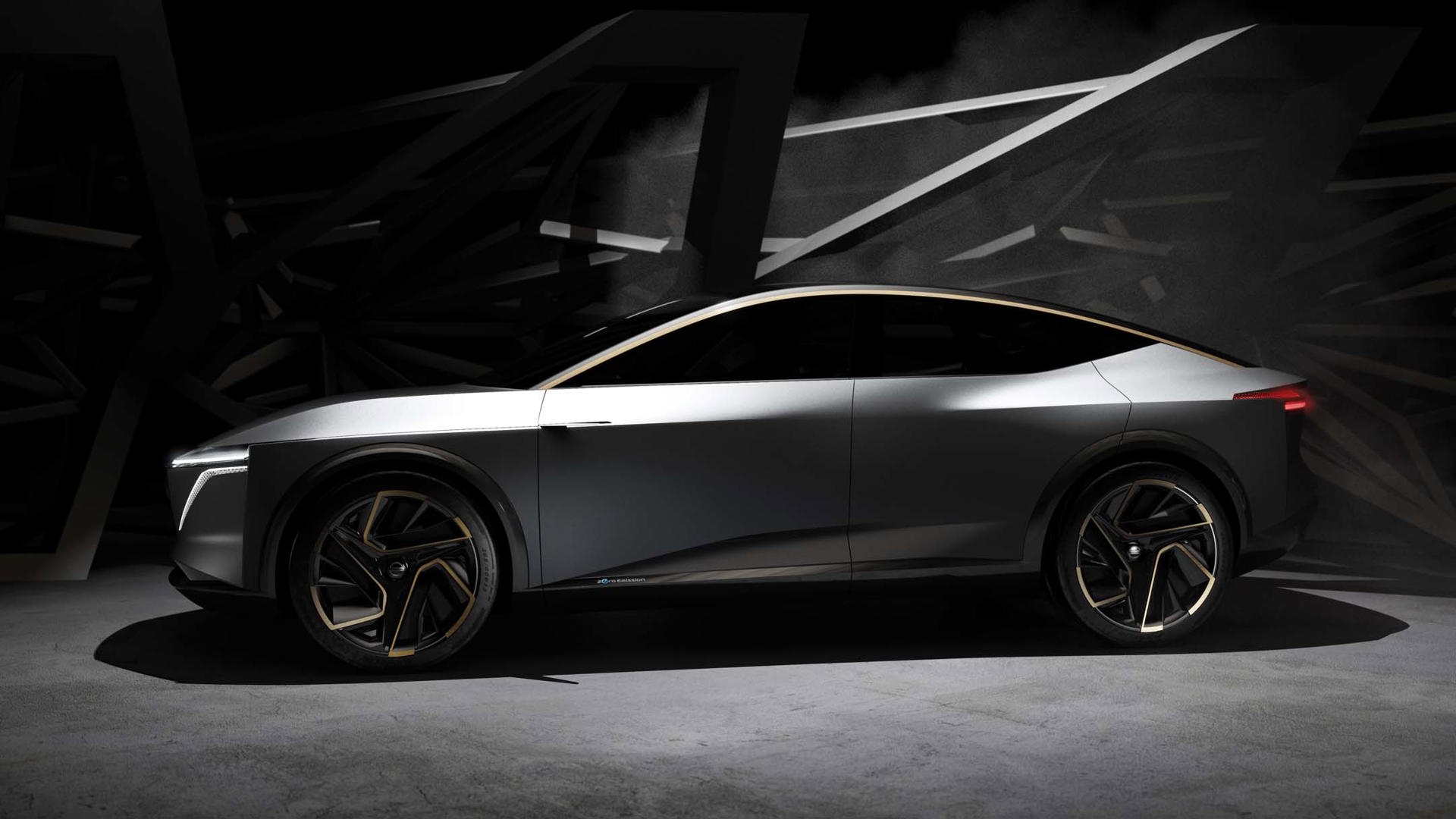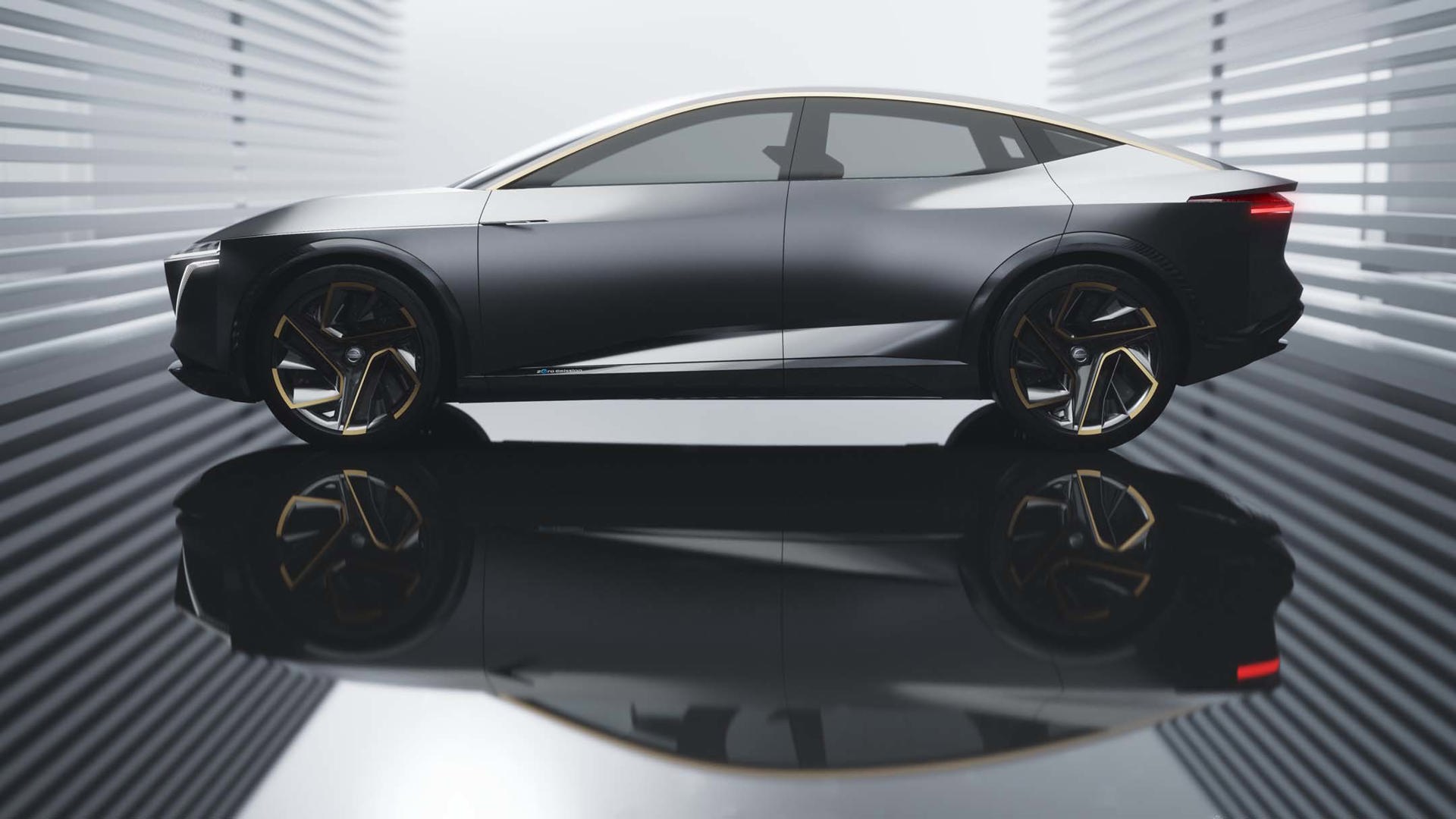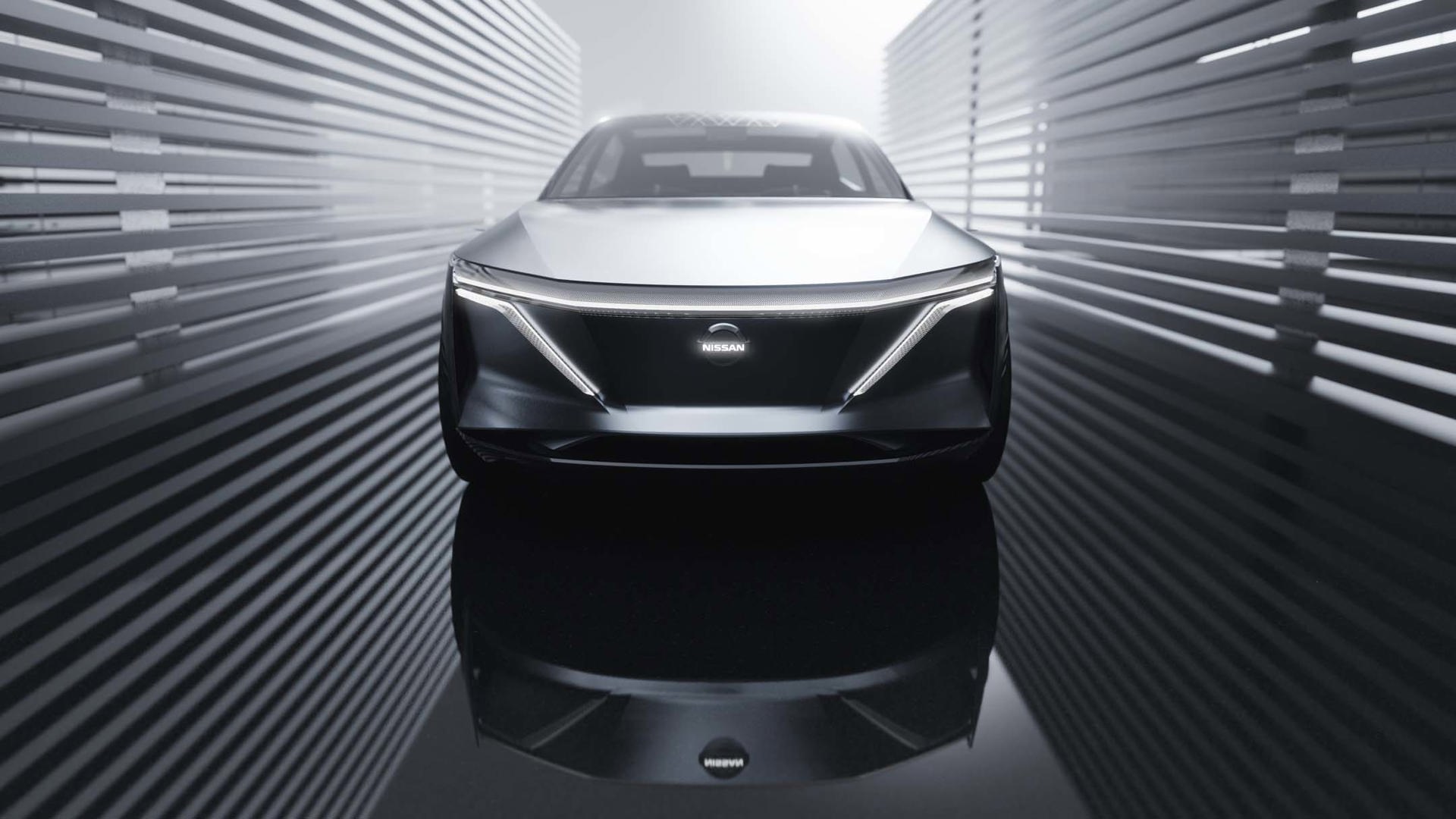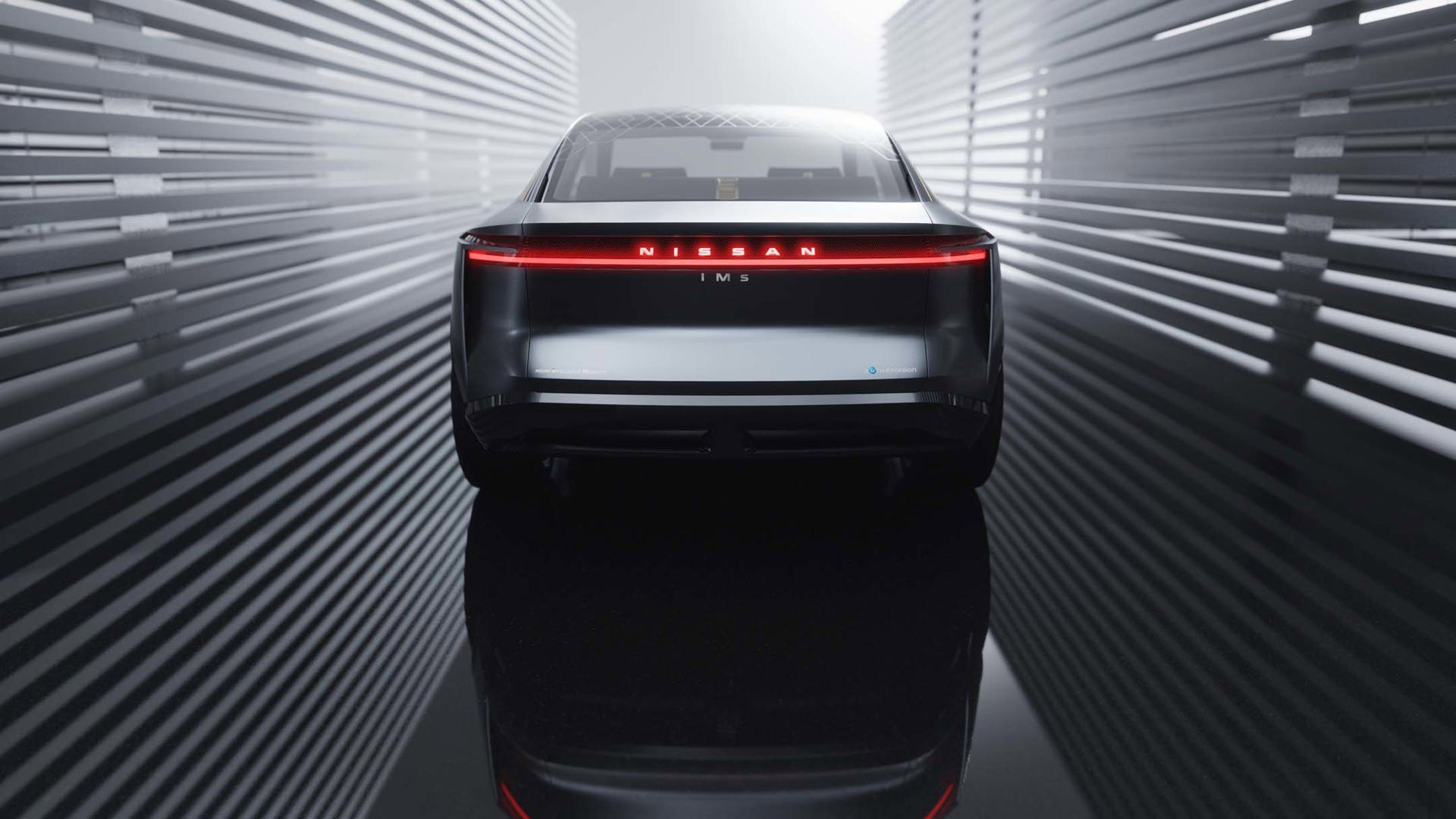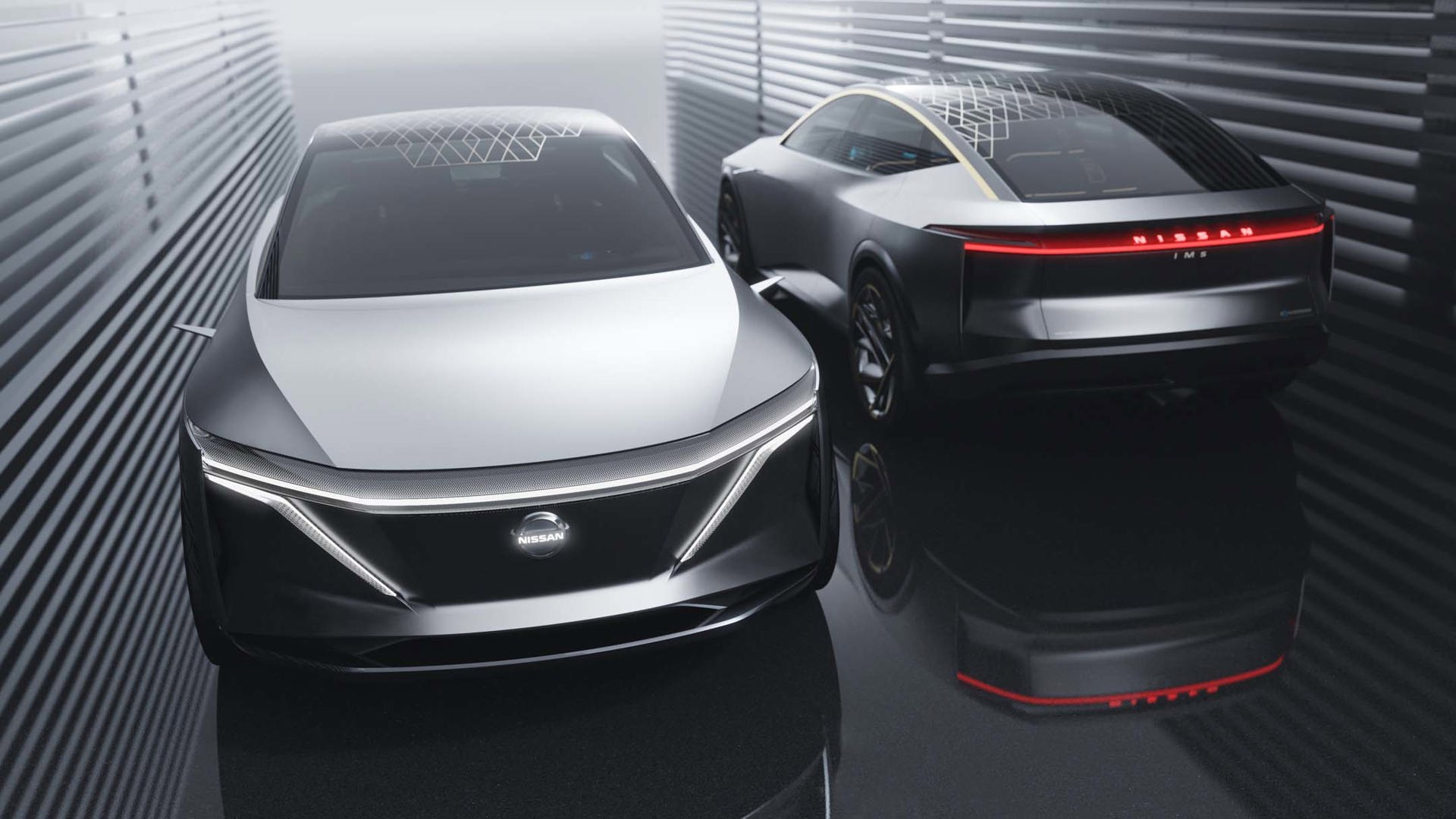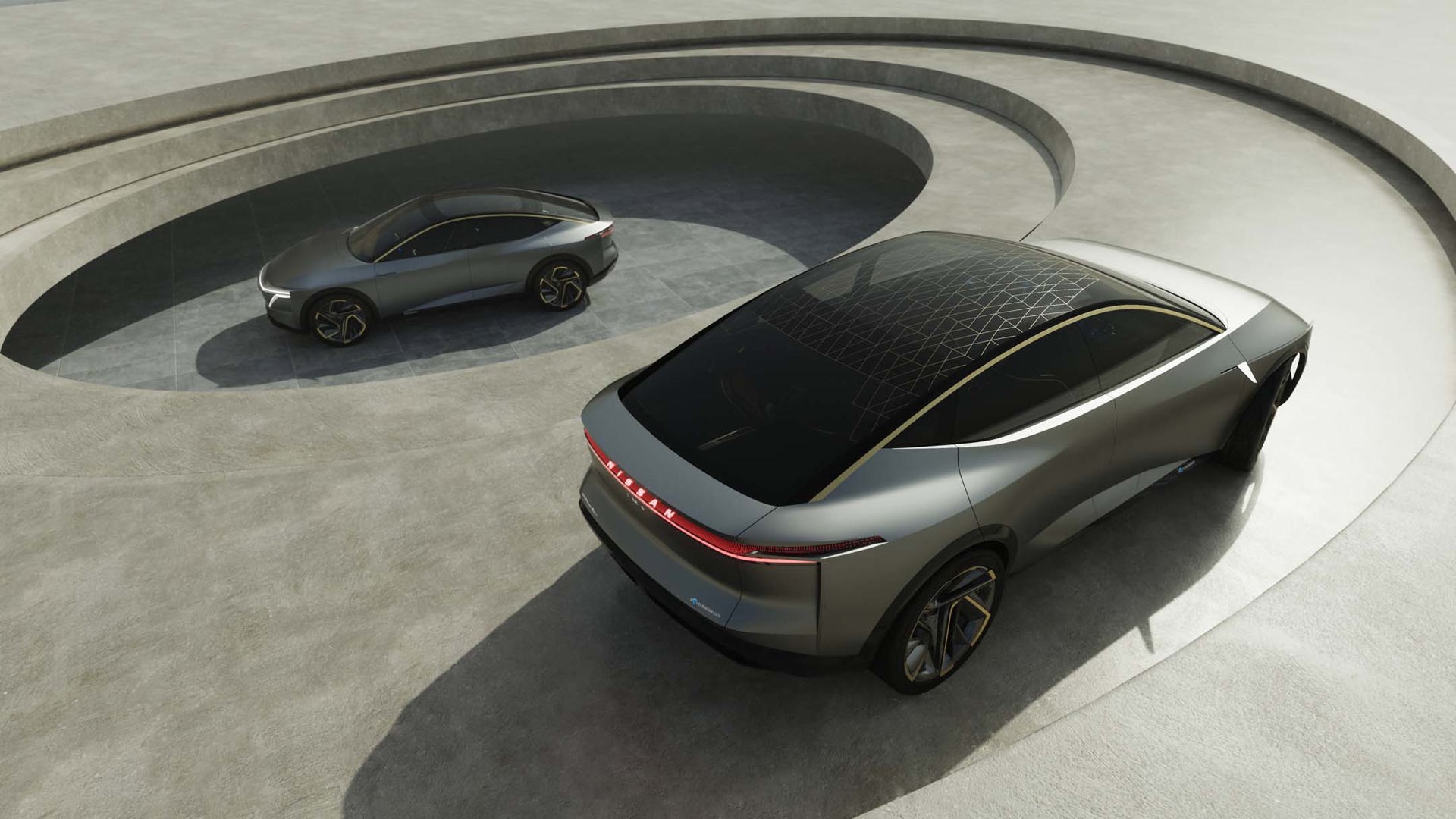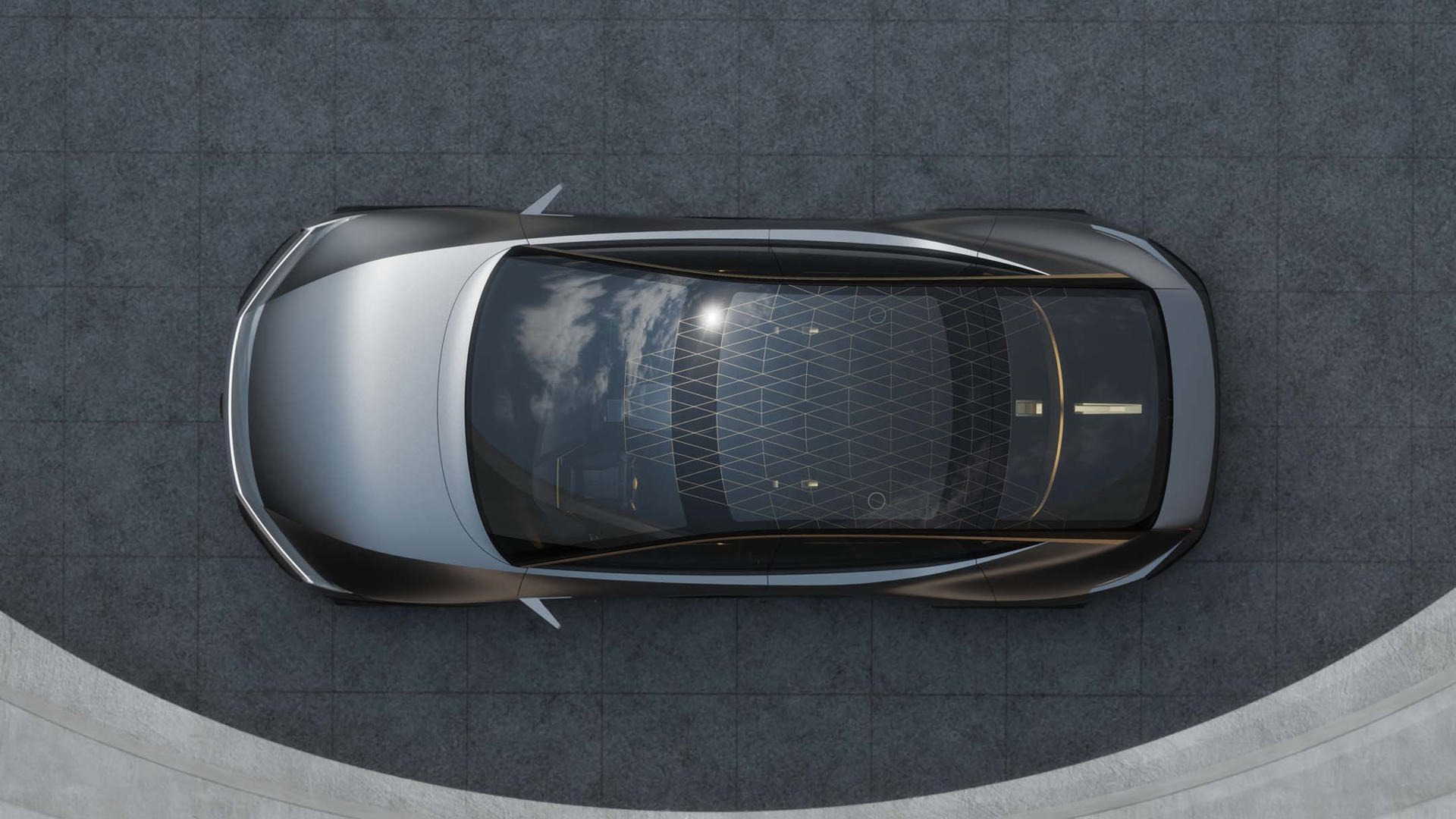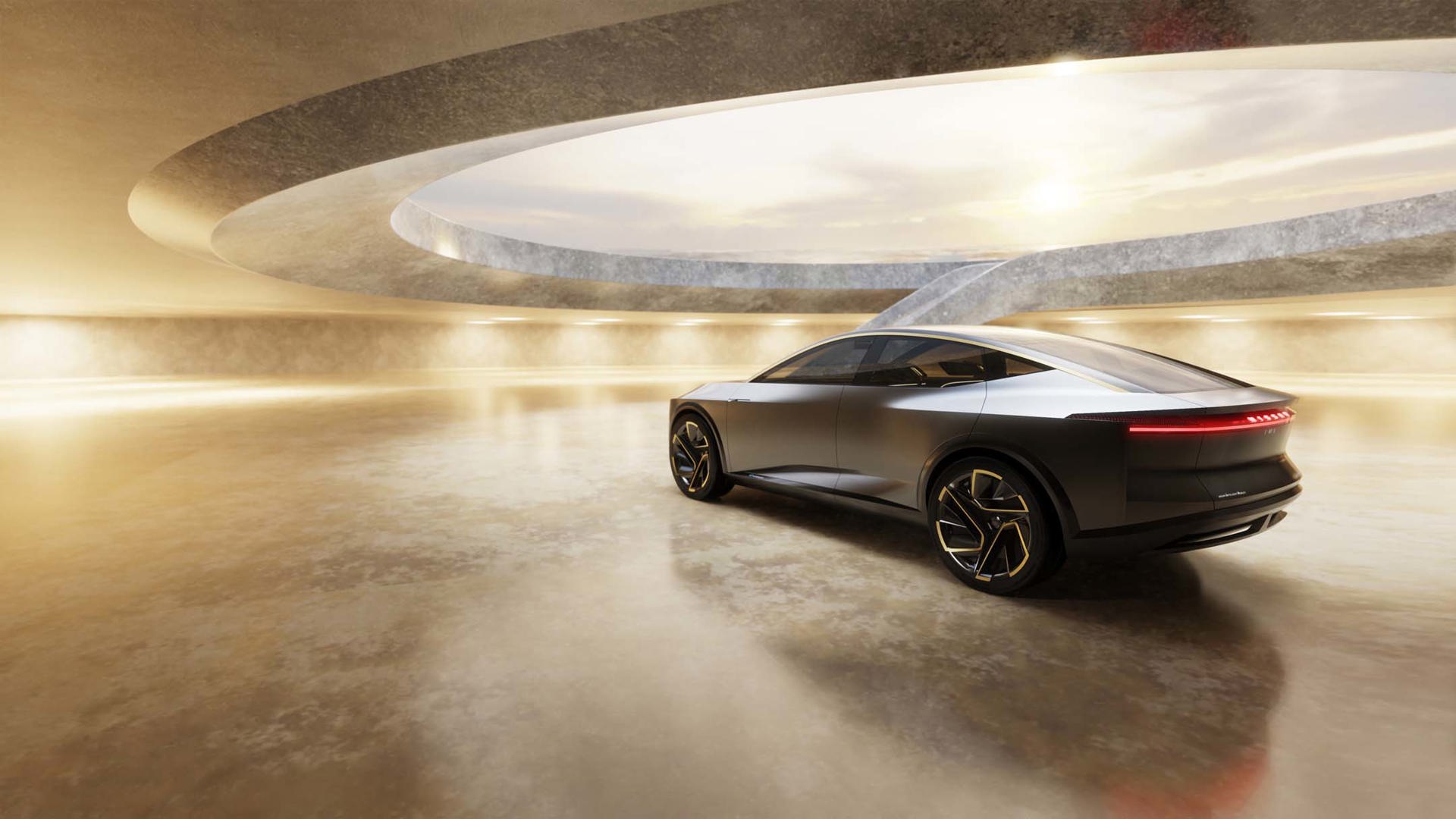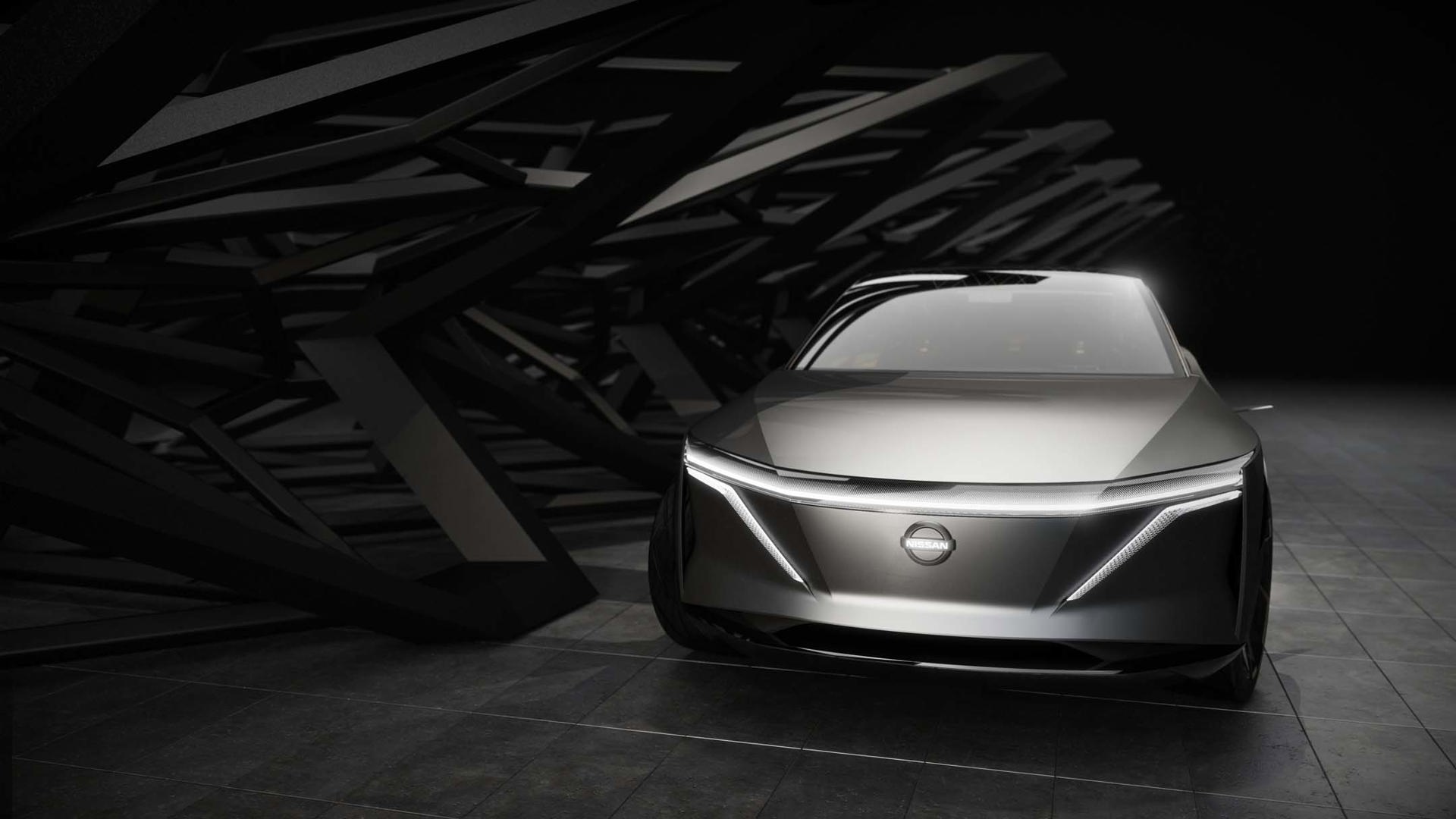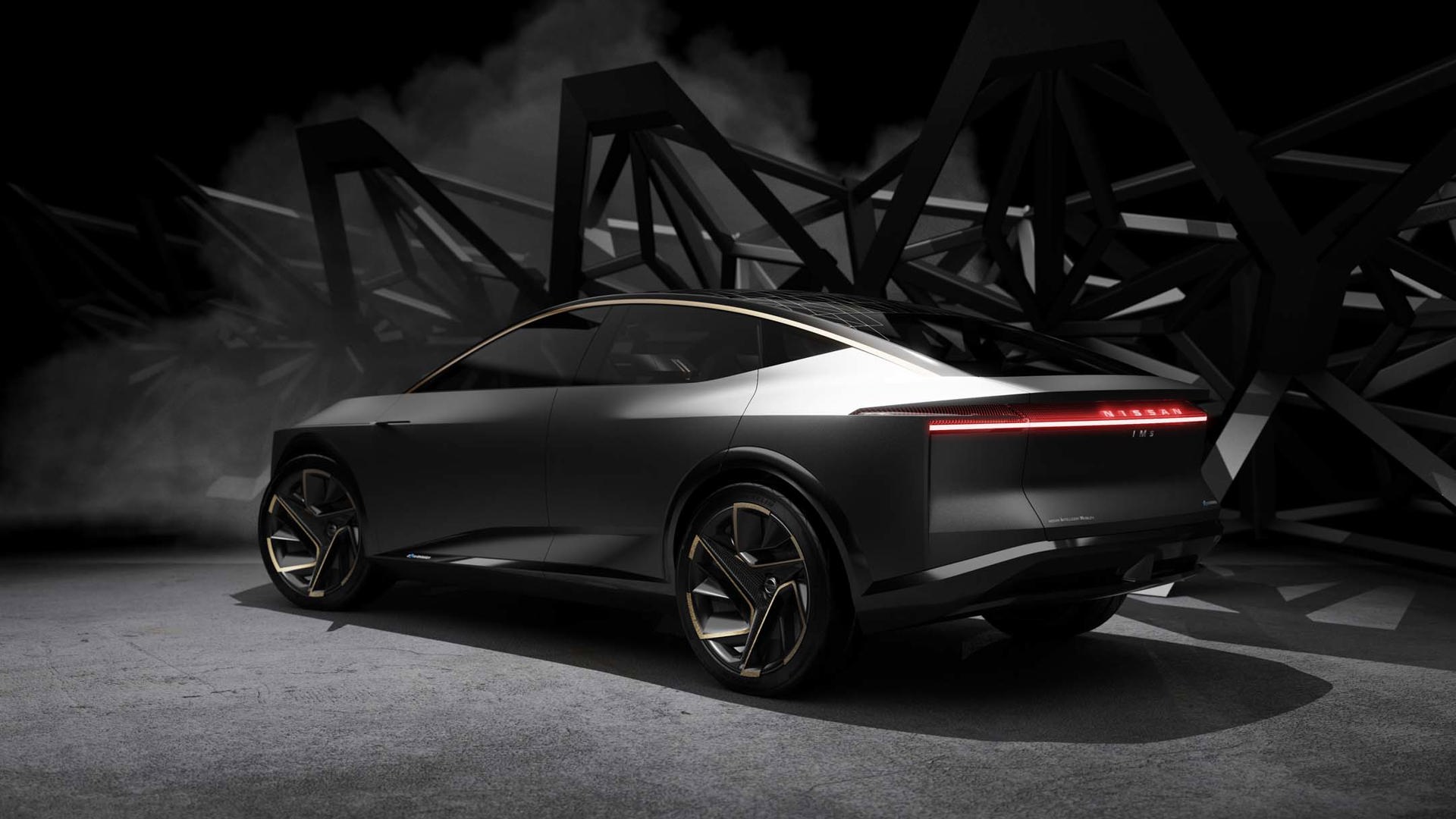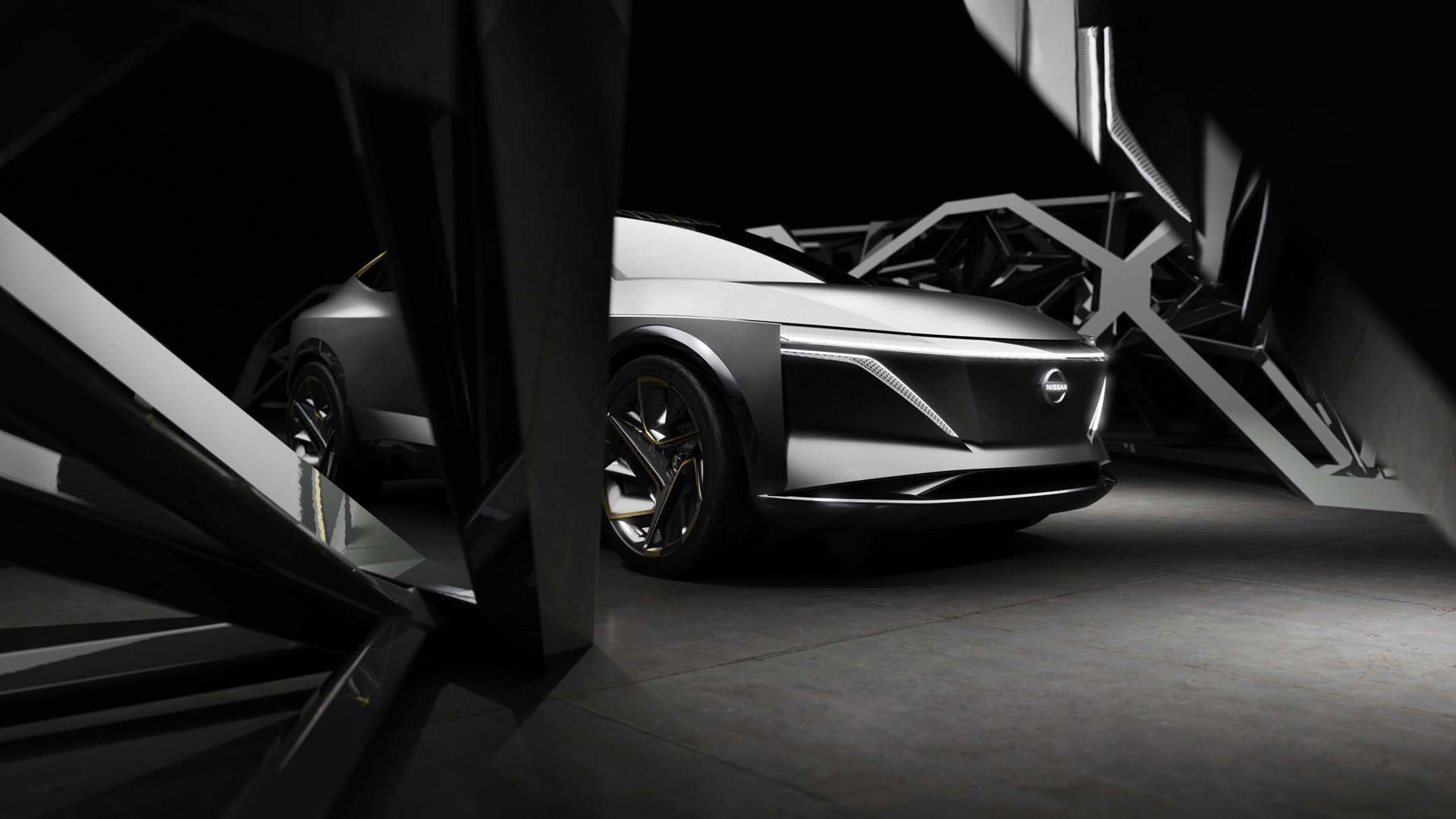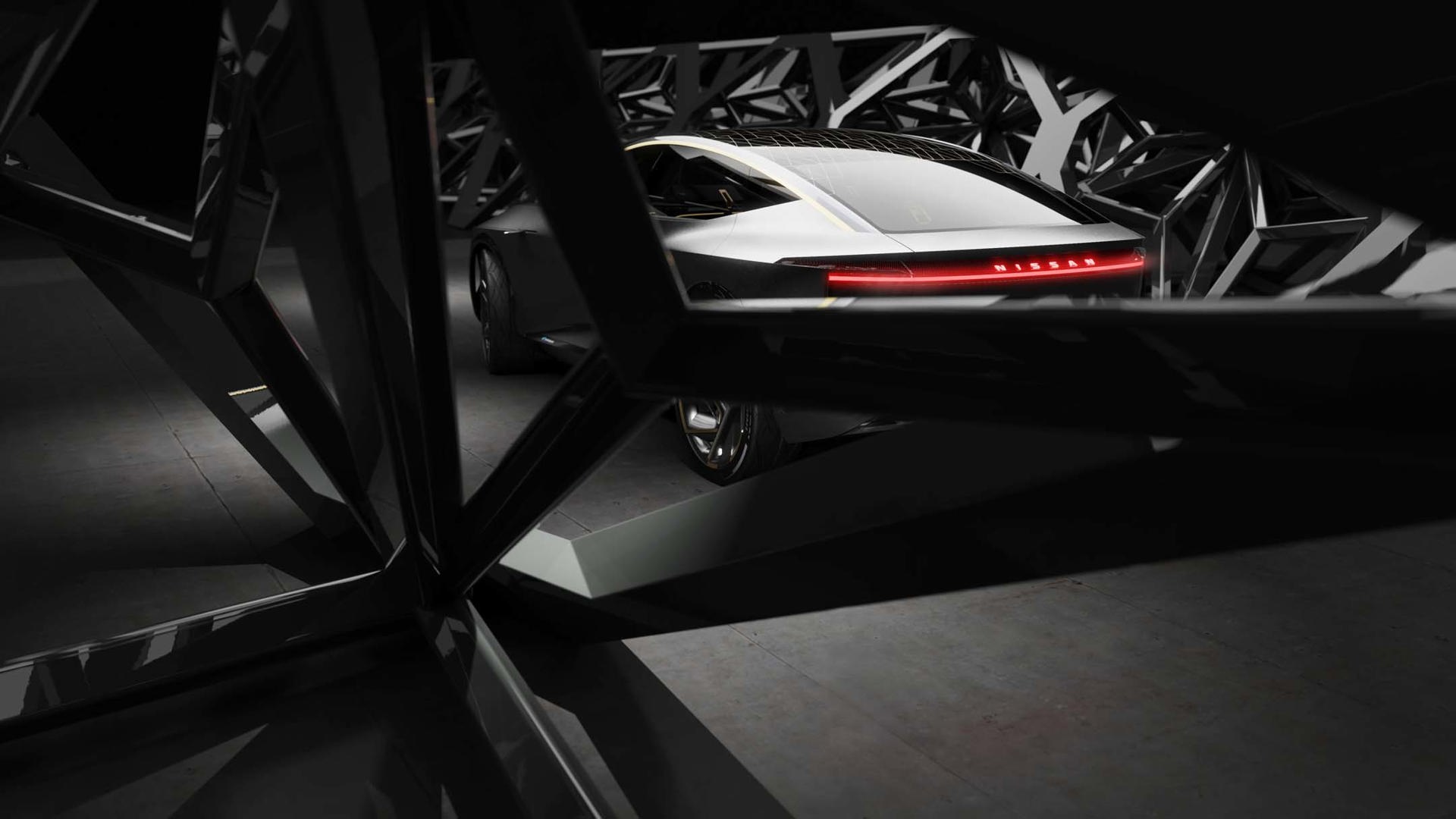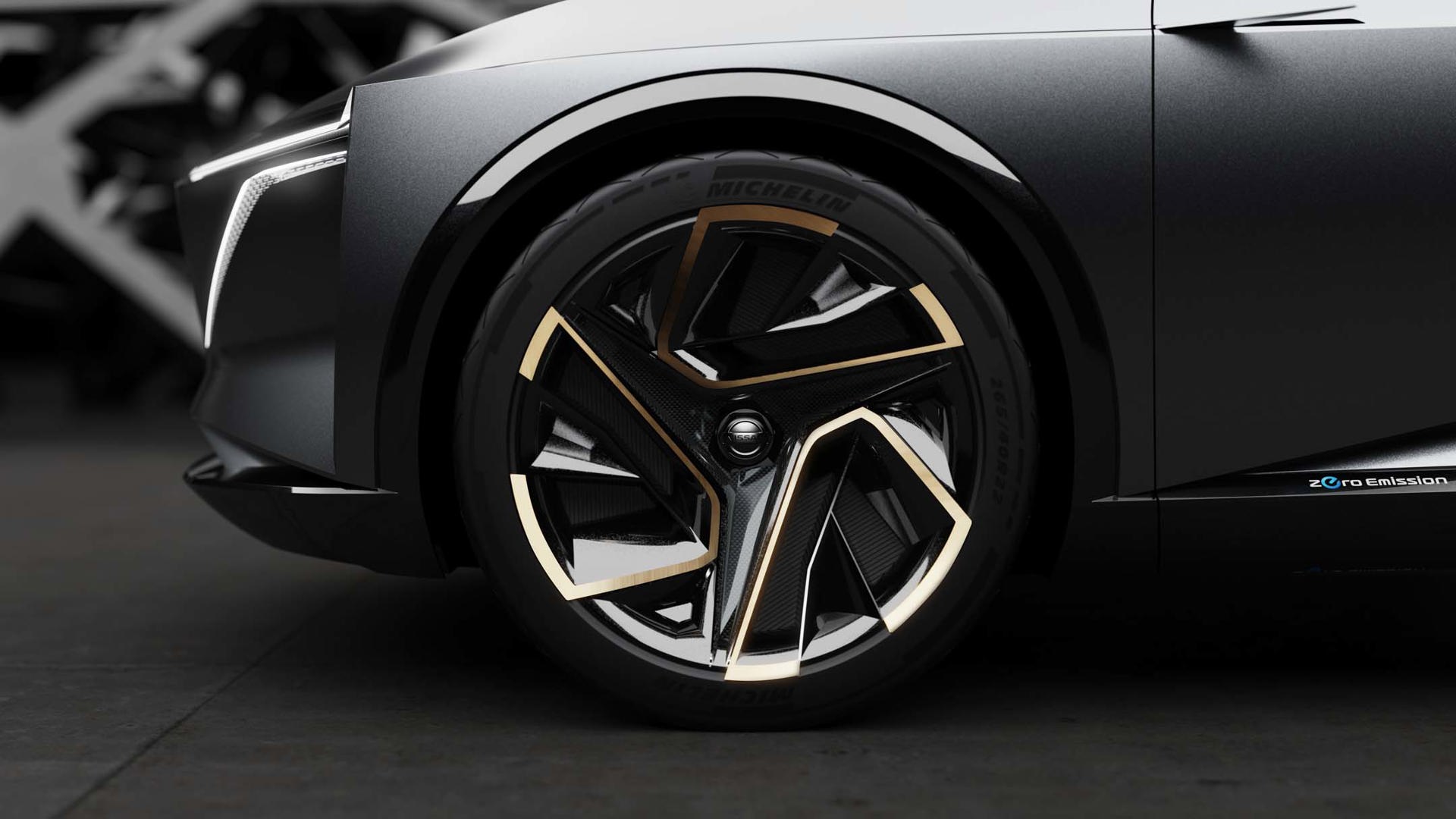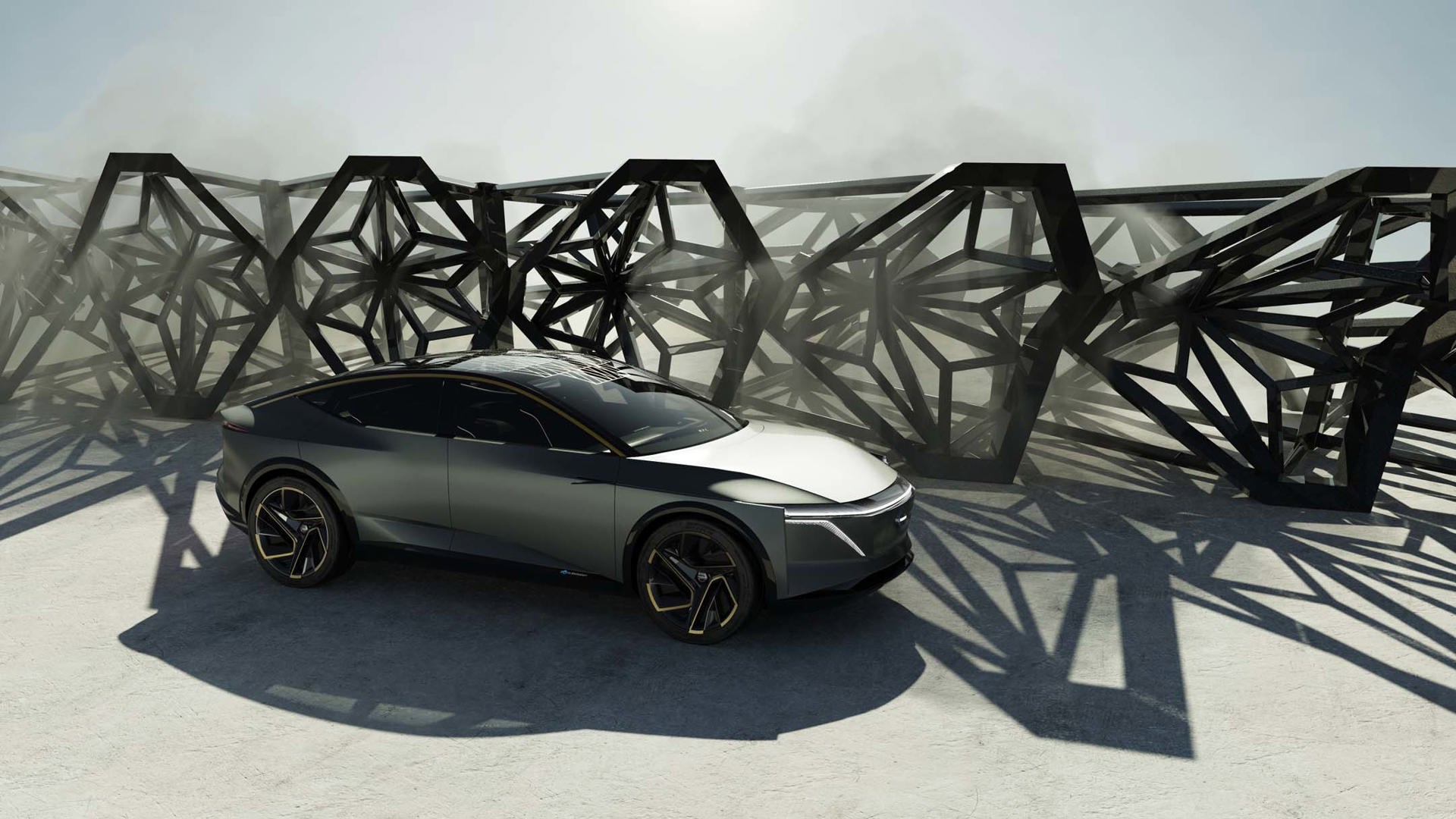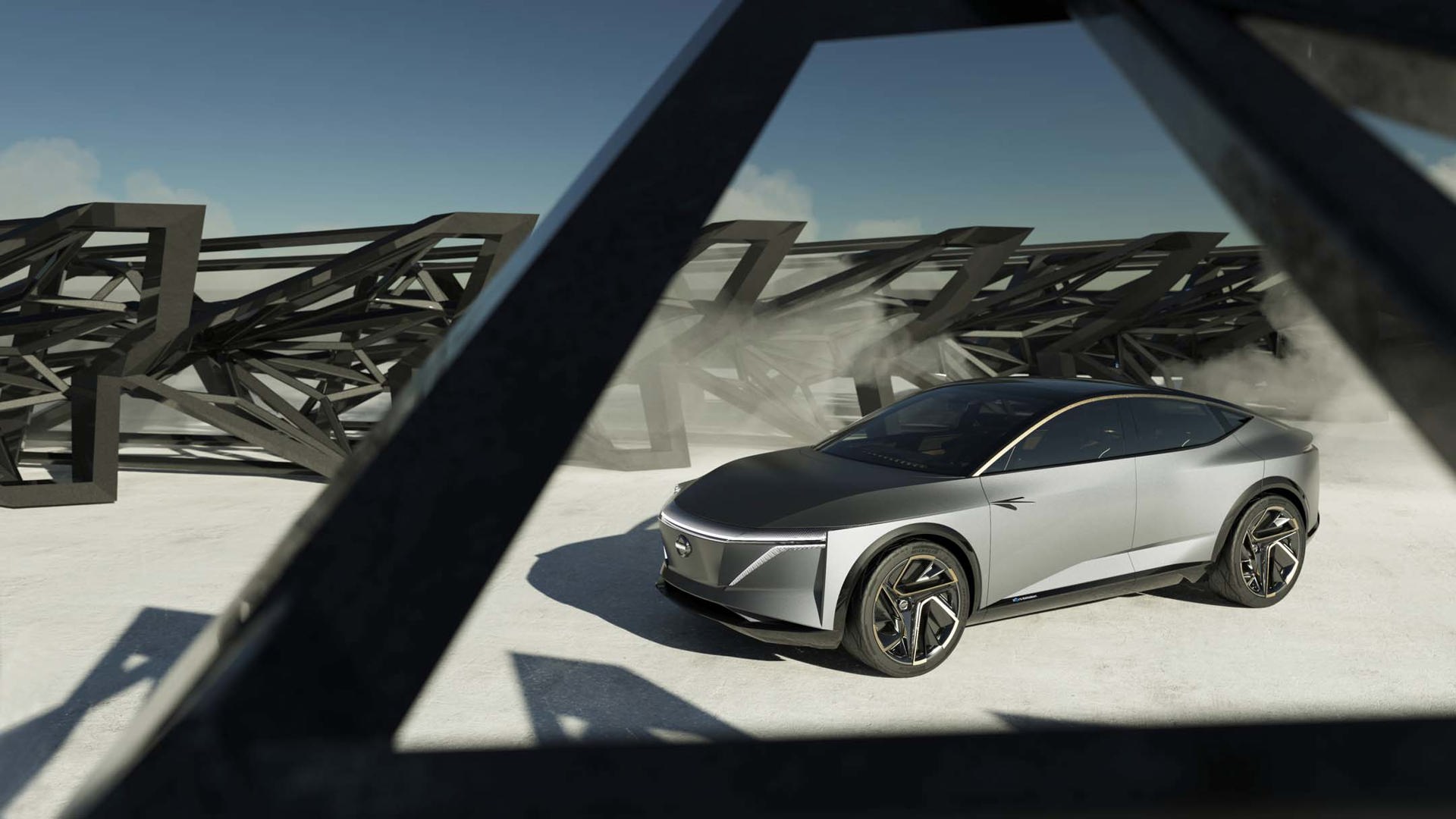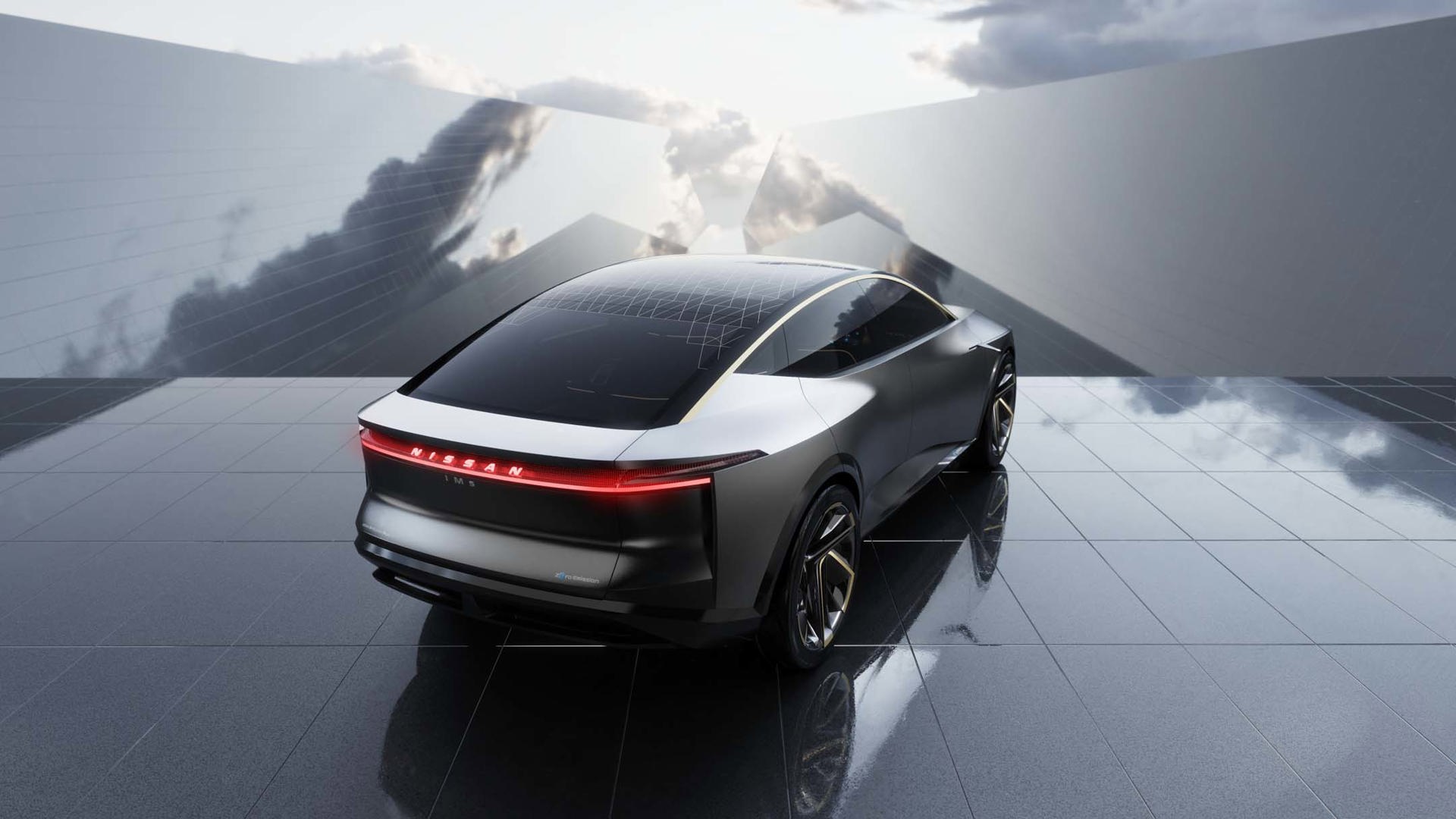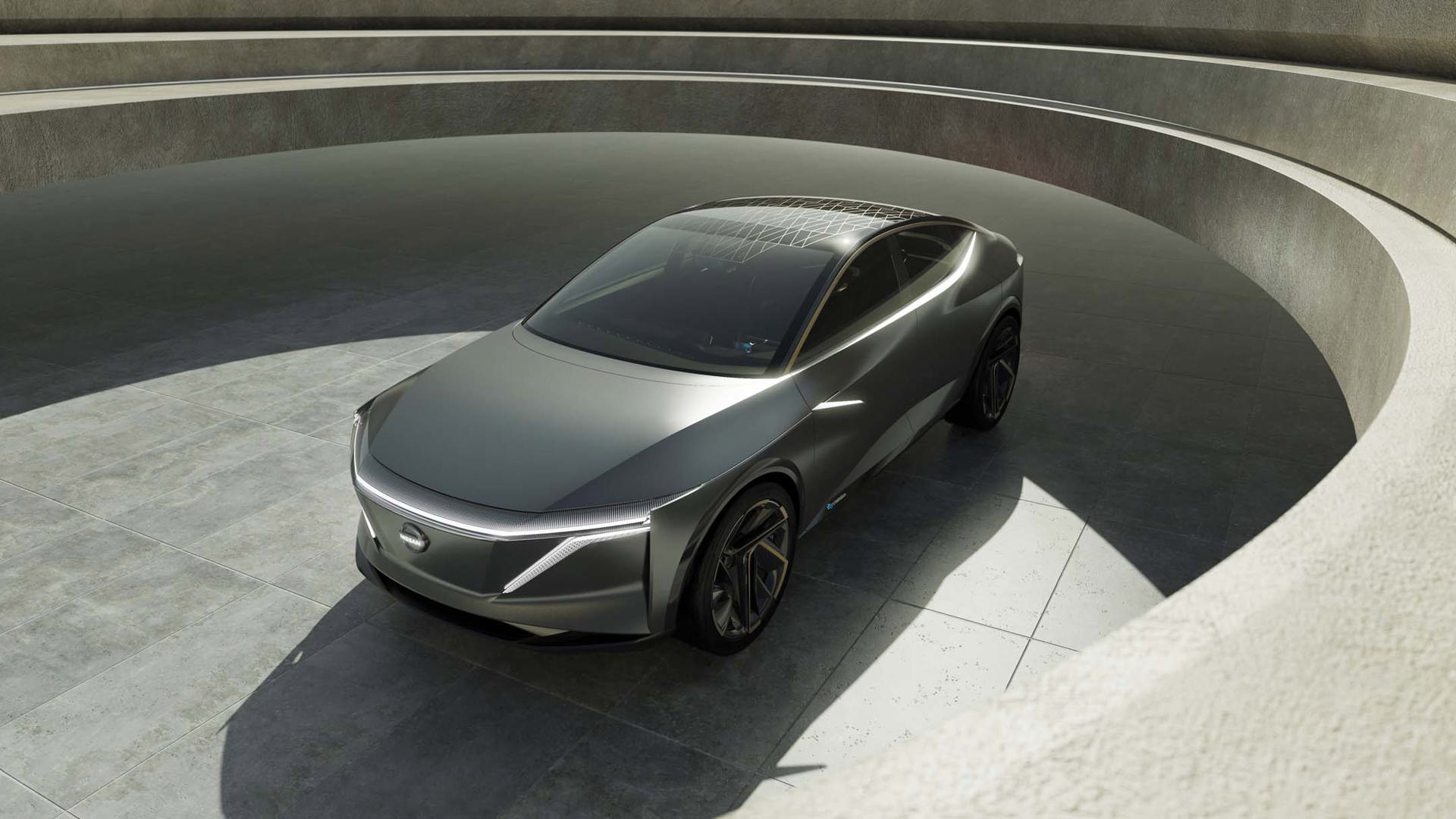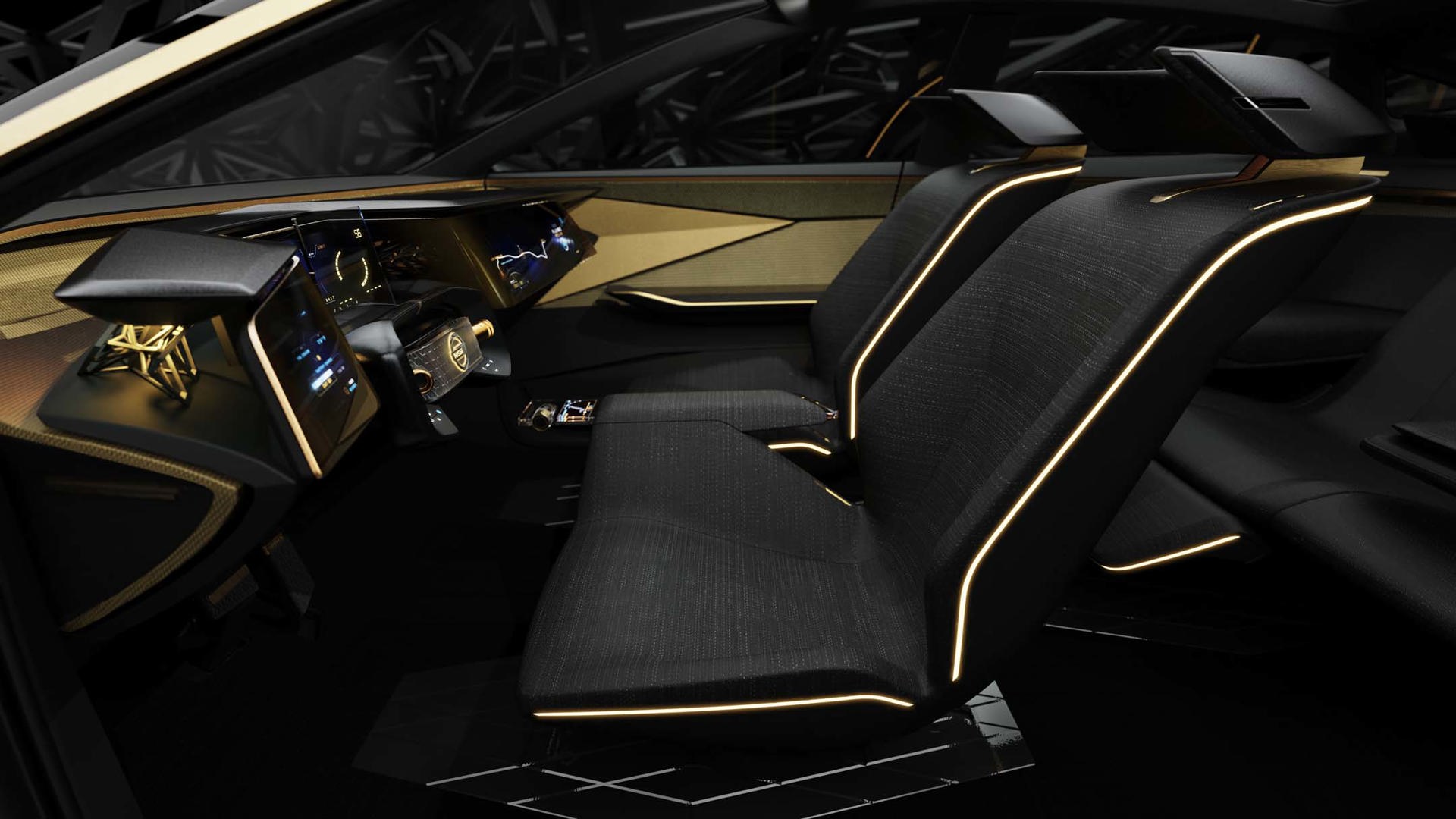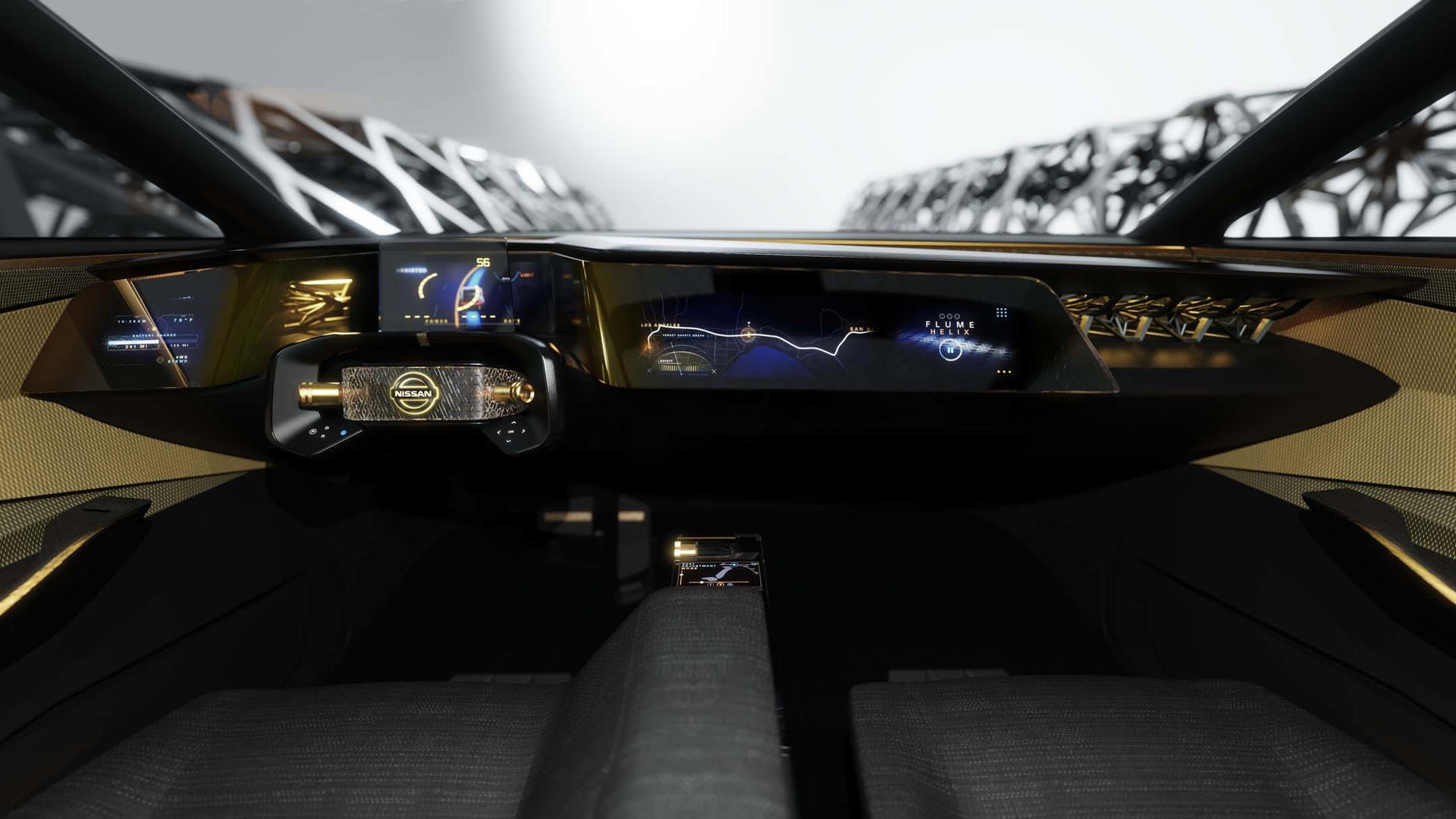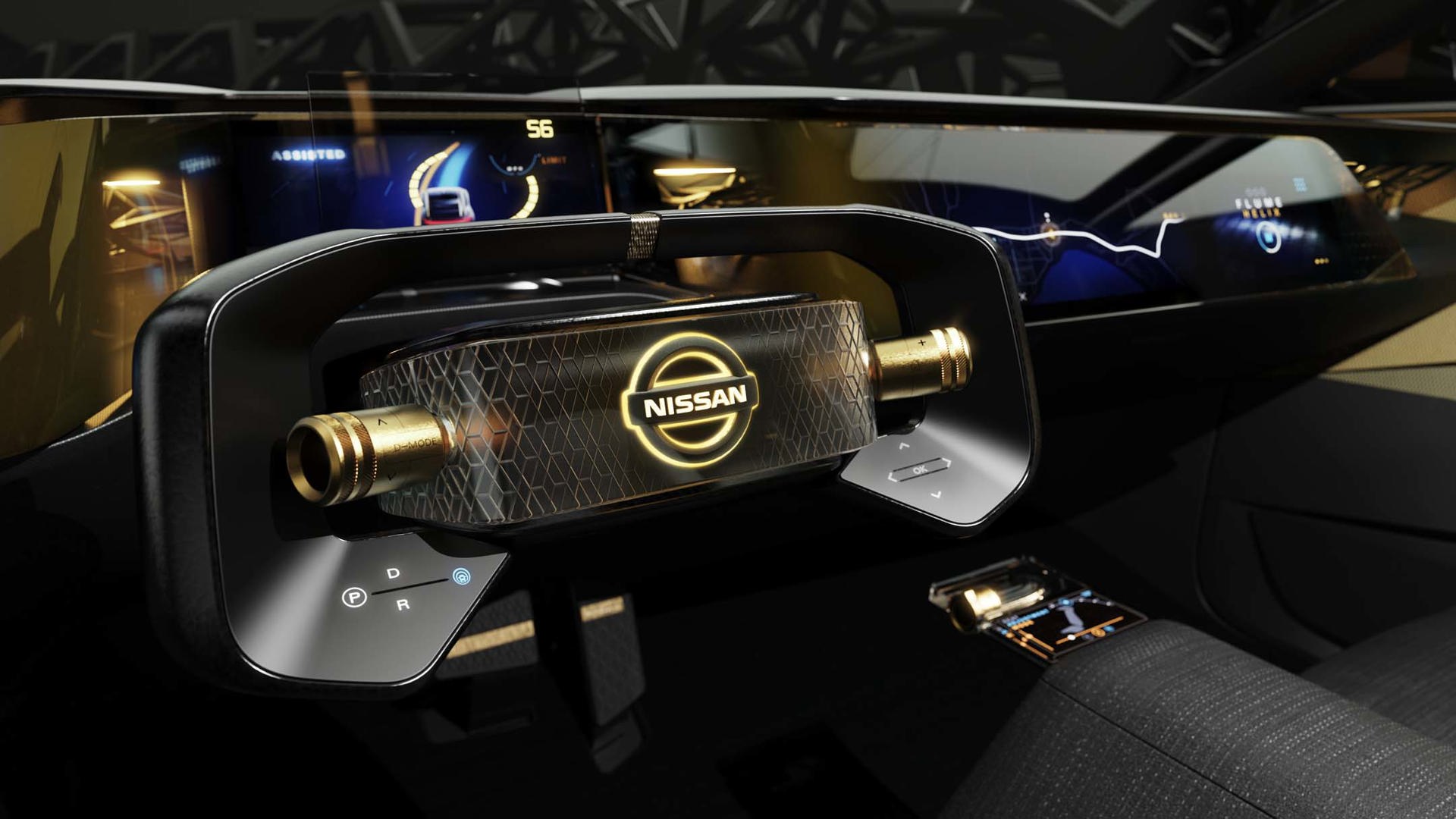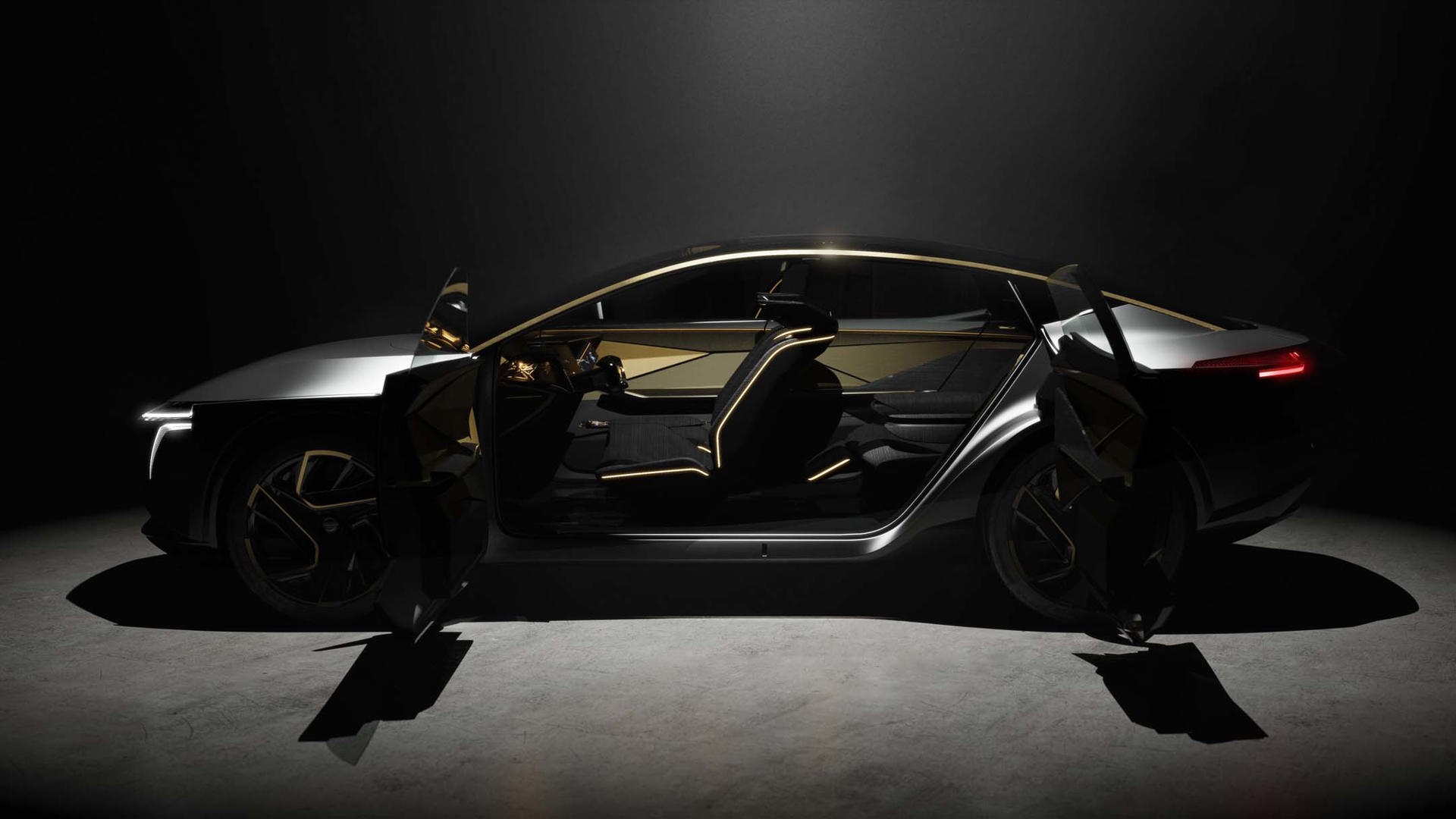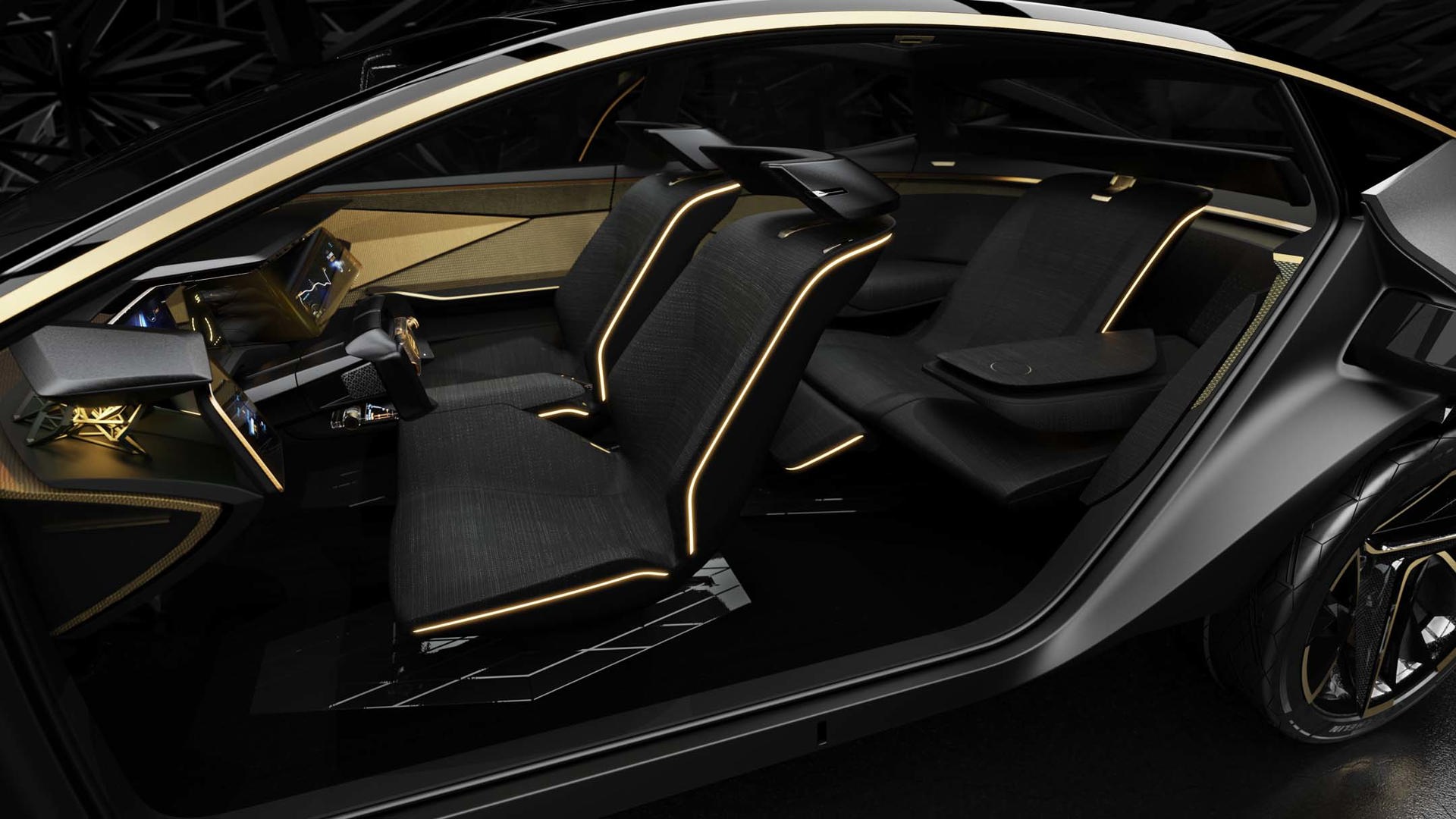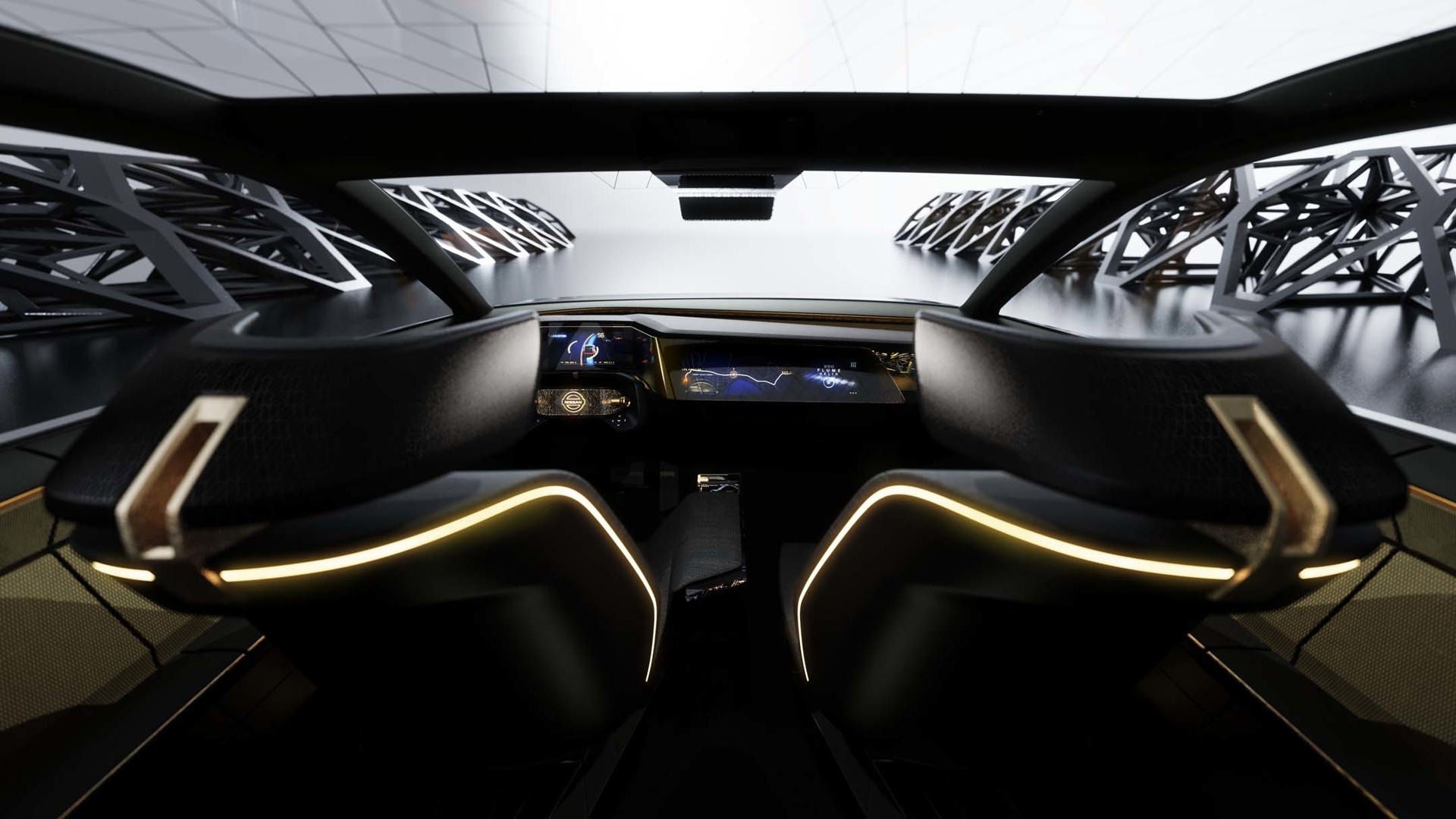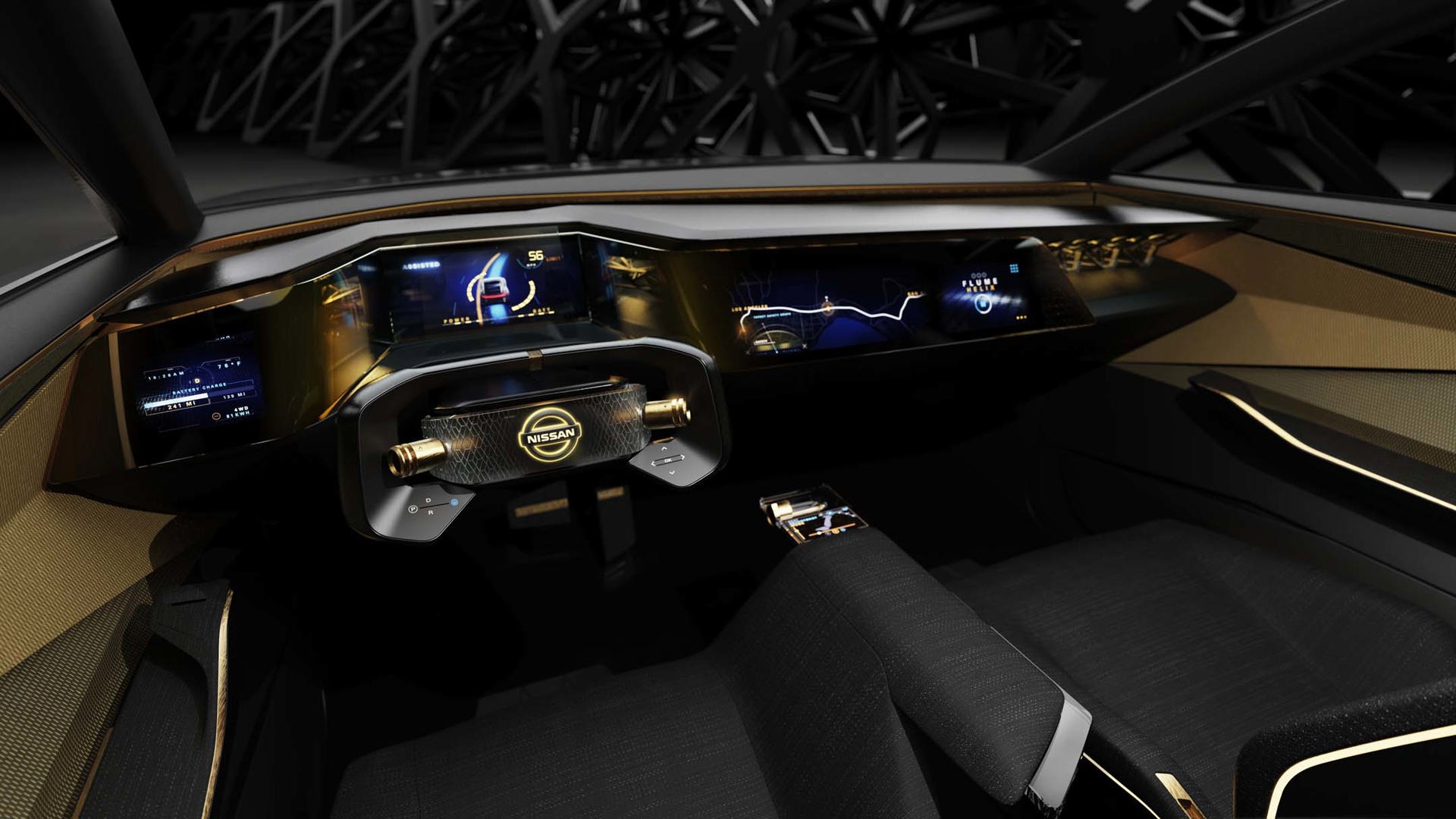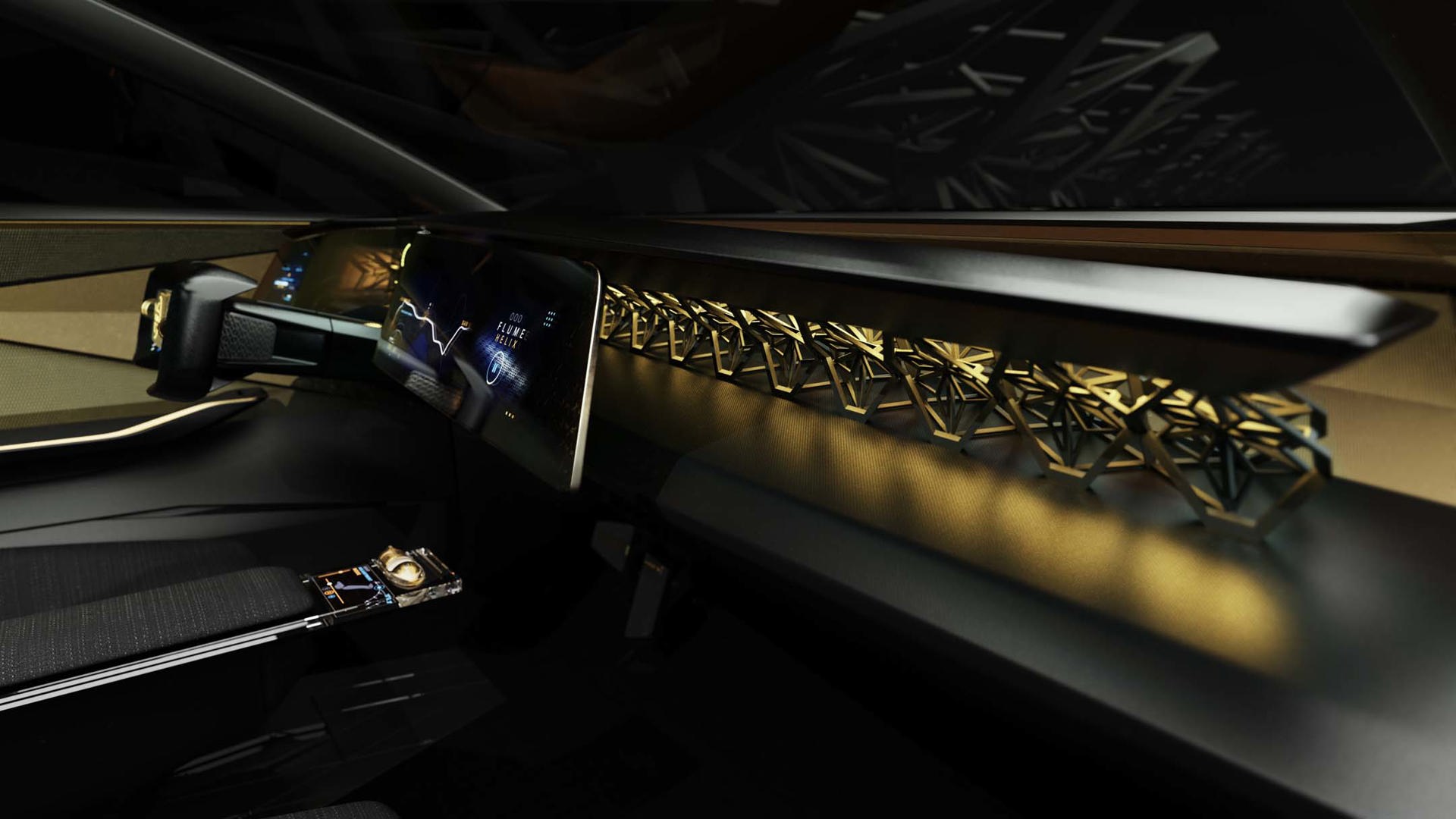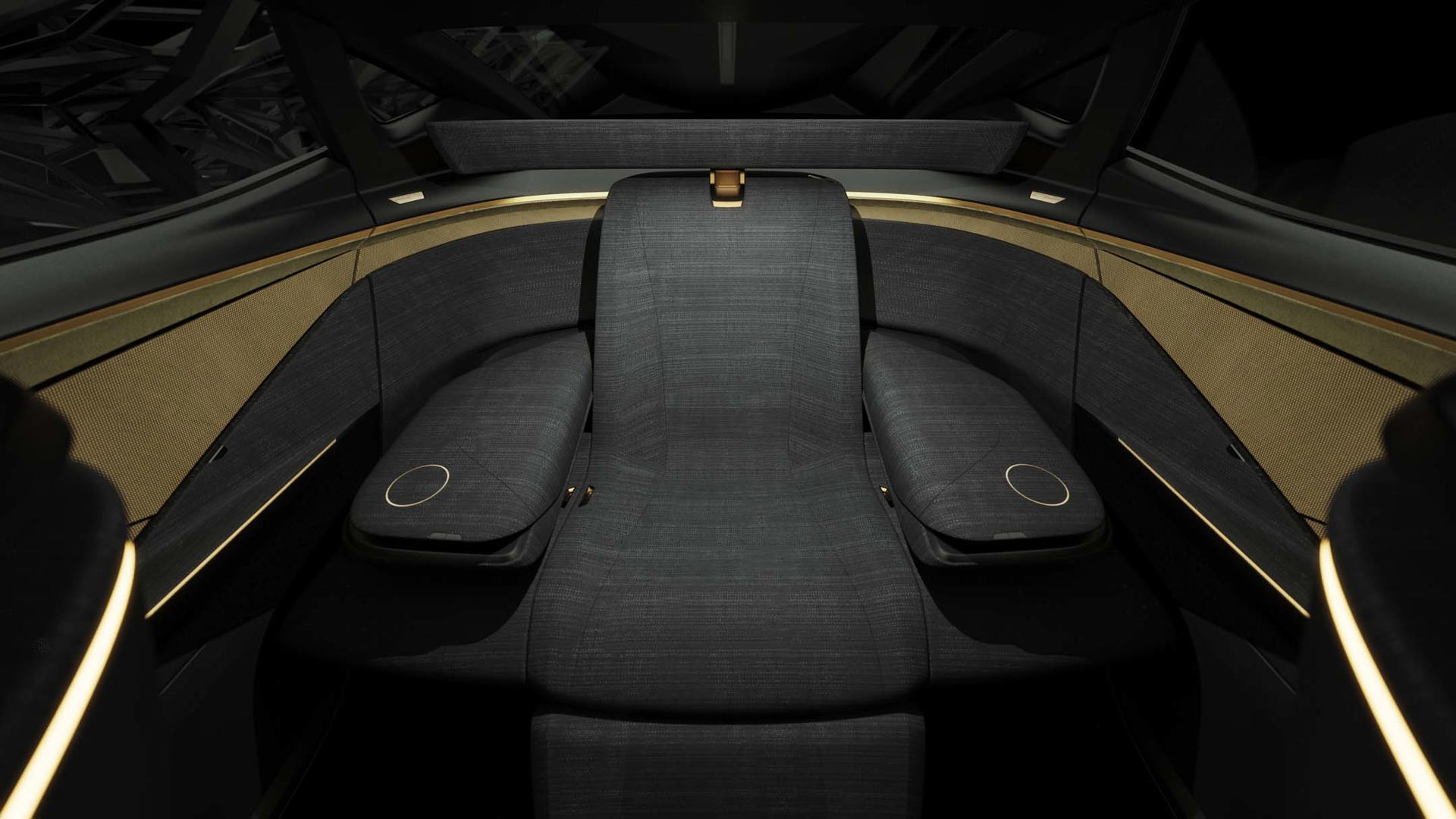It’s no secret that sedan sales are dipping dramatically. In Canada alone, just over two million vehicles were sold in 2018. Seventy percent of them were SUVs and light trucks, up from 68.6 percent in 2017. This shift in consumer preferences has drawn varying responses. Ford, as we all know, has cut sedans from its lineup altogether while General Motors has discontinued six of them, including the Cadillac XTS and Chevrolet Impala currently built in Oshawa. Hence all of this closure kerfuffle.
Nissan, on the other hand, is joining other Japanese manufacturers in deciding that it’s not quite ready to give up on the sedan just yet. This morning on the show floor in Detroit, the brand revealed its IMs concept, which it says creates an all-new segment they are calling an “elevated sport sedan”. Denis Le Vot, Senior Vice President and Chairman of Nissan North America, cited in-house research that shows Generation Z buyers, who are increasing in buying power, prefer sedan styling over crossover design two to one.
But what it really does is massage traditional sedan proportions into an EV that crossover-obsessed buyers might be more interested in than they have been in recent years. Manufacturers are undergoing a big challenge as they are being pushed by government regulations into selling battery EV vehicles.
The fully electric concept has its battery mounted low in the body of the vehicle to elevate the interior floor and seating positions. Due to its two electric motors (one on each axle) its all-wheel-drive powertrain is said to produce 483 hp and 590 lb-ft of torque with the fast-charging 115 kWh battery, which is capable of 611 km on a single charge.
The concept also previews Nissan’s vision of an autonomous vehicle interior. The modular seat layout features front-row seats that can face forward in manual driving mode. In autonomous mode, the steering wheel retracts and the seats pivot to face the second row, which can either house a traditional two-seat configuration or a single, oversized “premier seat” that Nissan says is suited to executive travel. In this mode, the front and rear exterior lights turn blue. The lighting travels continuously from front-to-rear to notify pedestrians and other drivers that it’s driving on its own.
Unlike some concepts, the reverse-opening rear doors on the IMs are a functional design to improve access in all seating configurations. Nissan styling is integrated throughout, from the grille-less V-motion front end to the traditional gold Japanese Asanoha "hemp leaf" geometric graphic pattern that covers the IMs’s smoked glass roof, as well as being integrated into the wheels and inside the cabin.
Would a sedan like this entice crossover-defectors back into the fold? It’s hard to say, but if nothing else it’s indicative of Nissan’s vision for electrification and autonomous driving, which both fall under the brand’s Intelligent Mobility banner. The brand remains committed to electric vehicles with Le Vot announcing at CES last week that Nissan will add seven more electric vehicles to its lineup by 2022.
